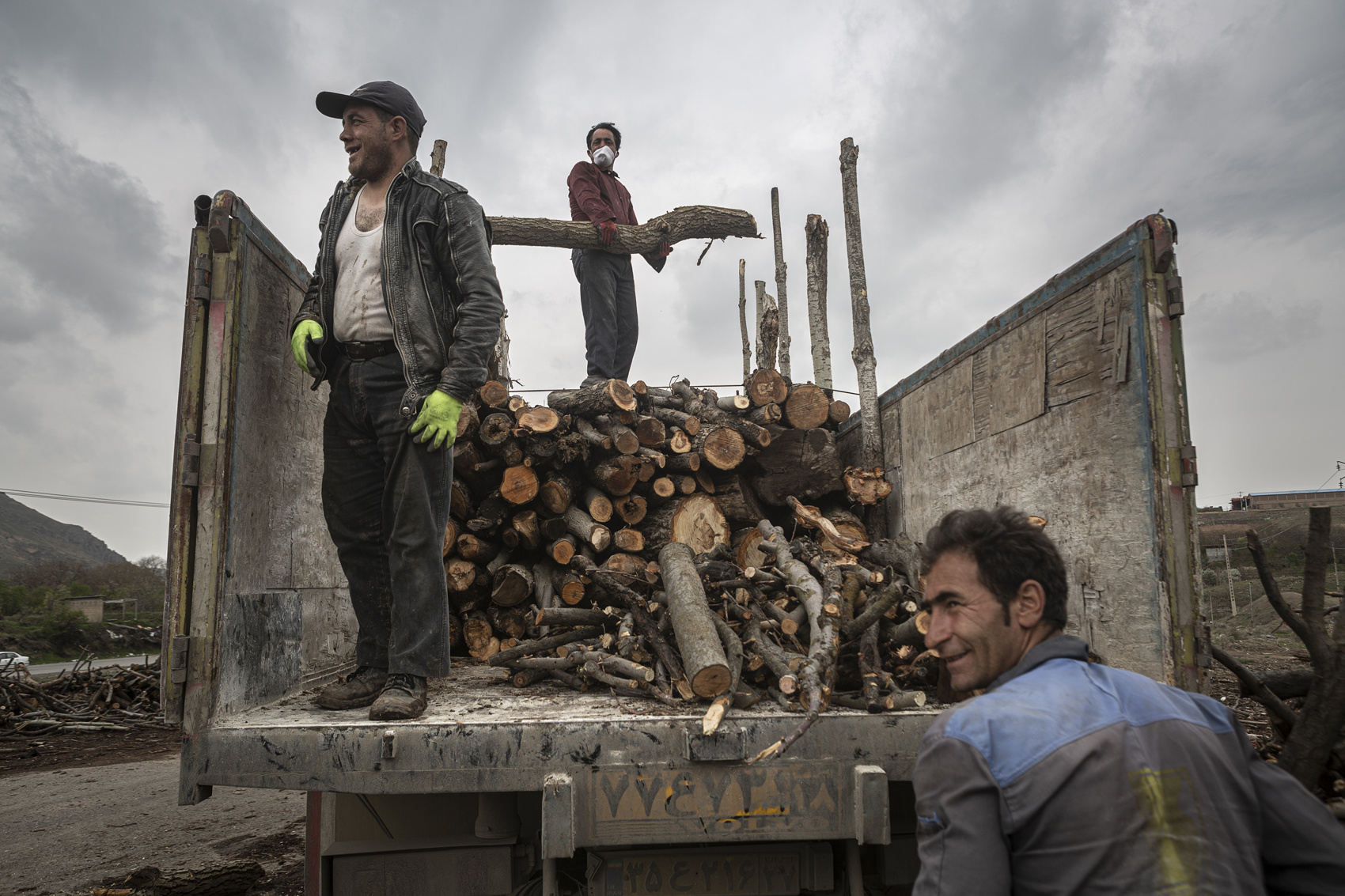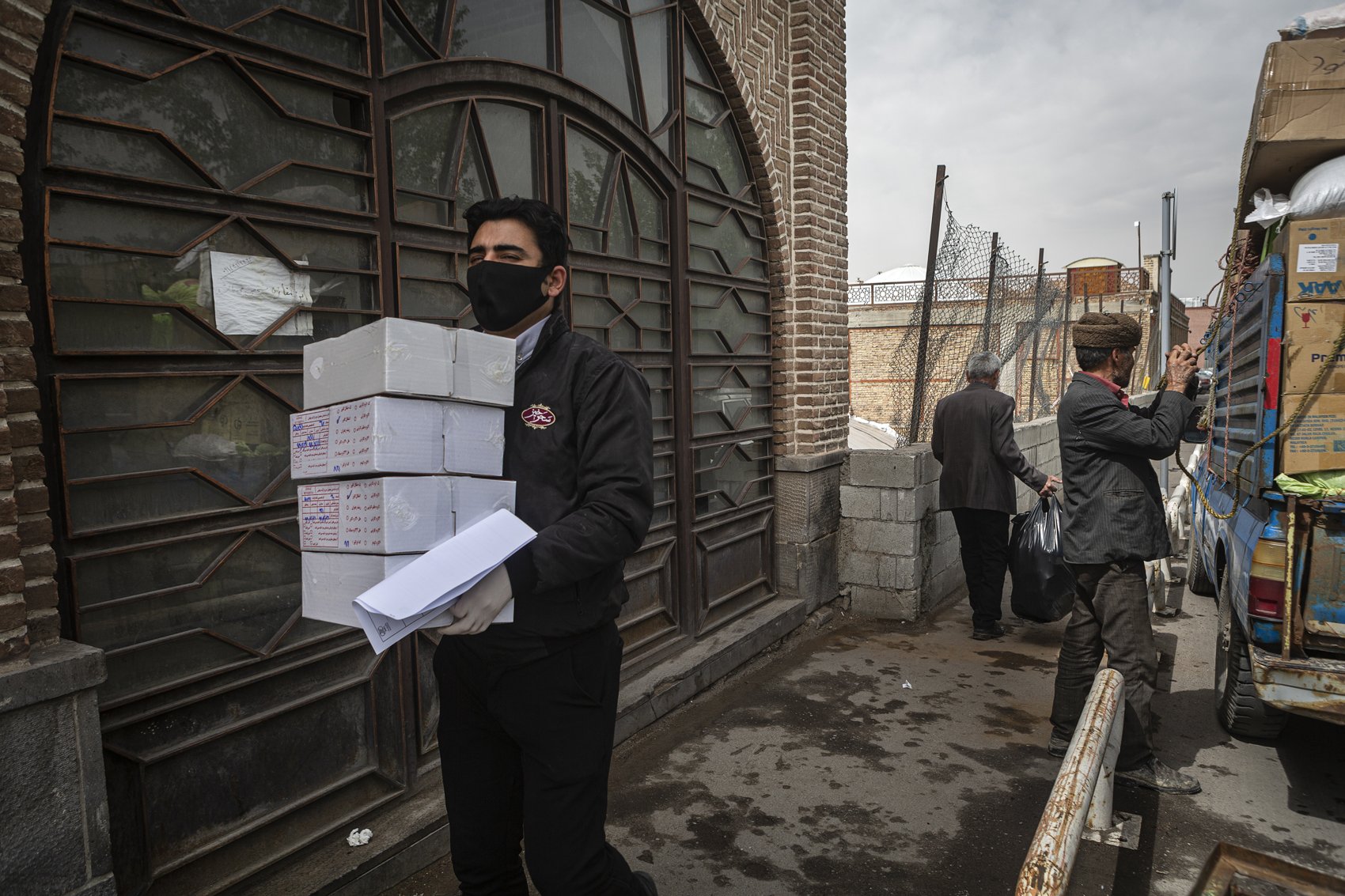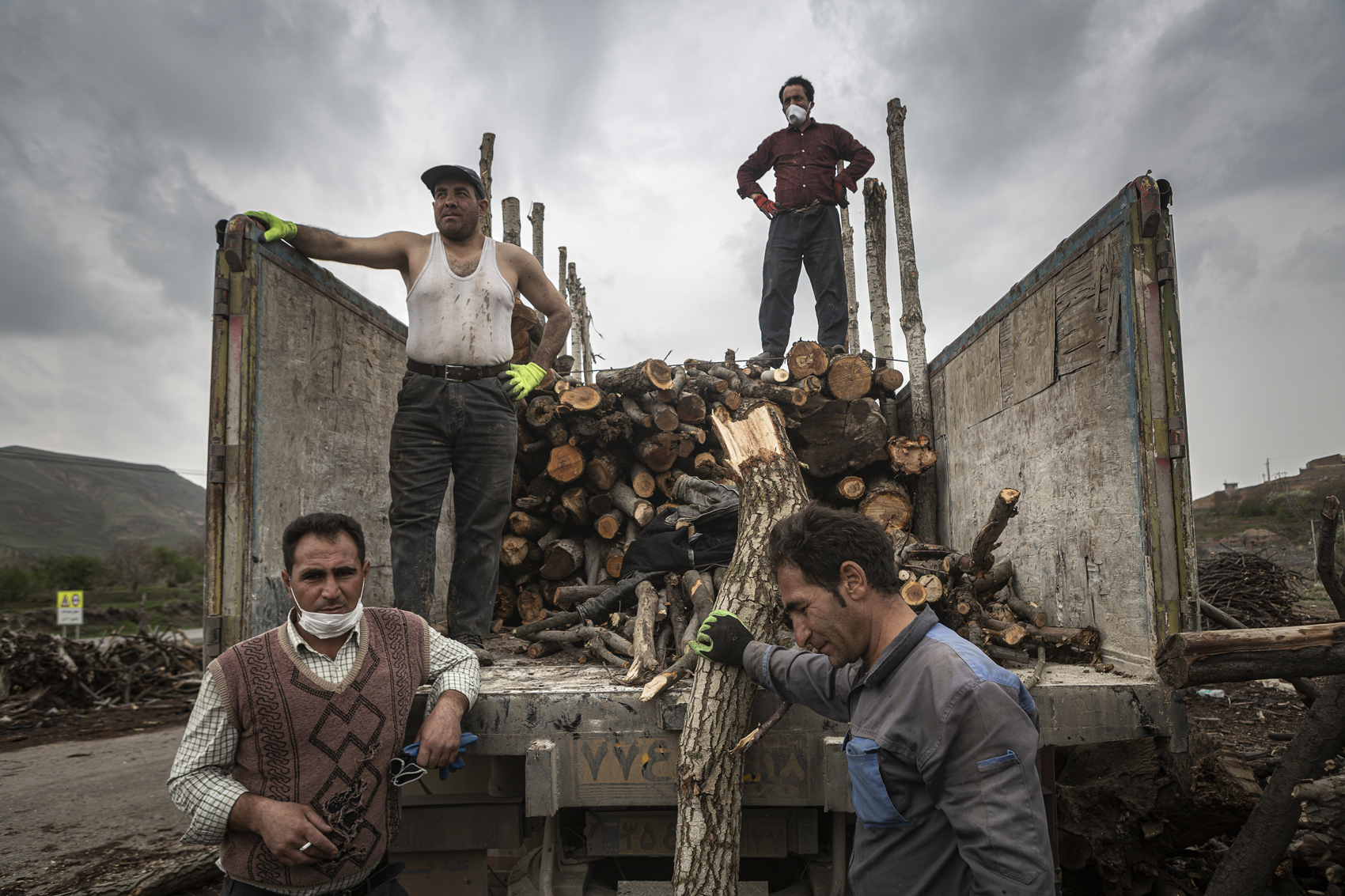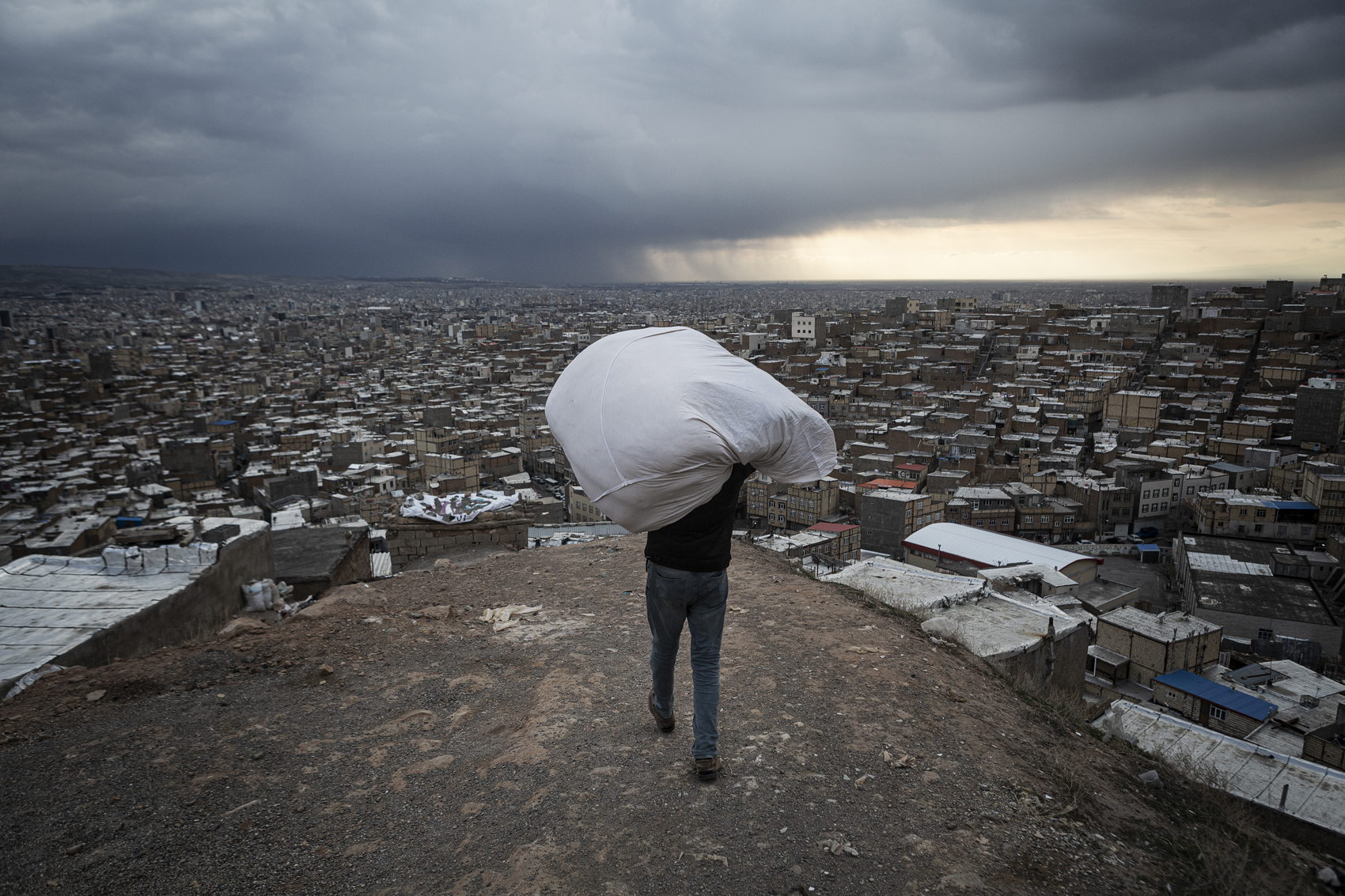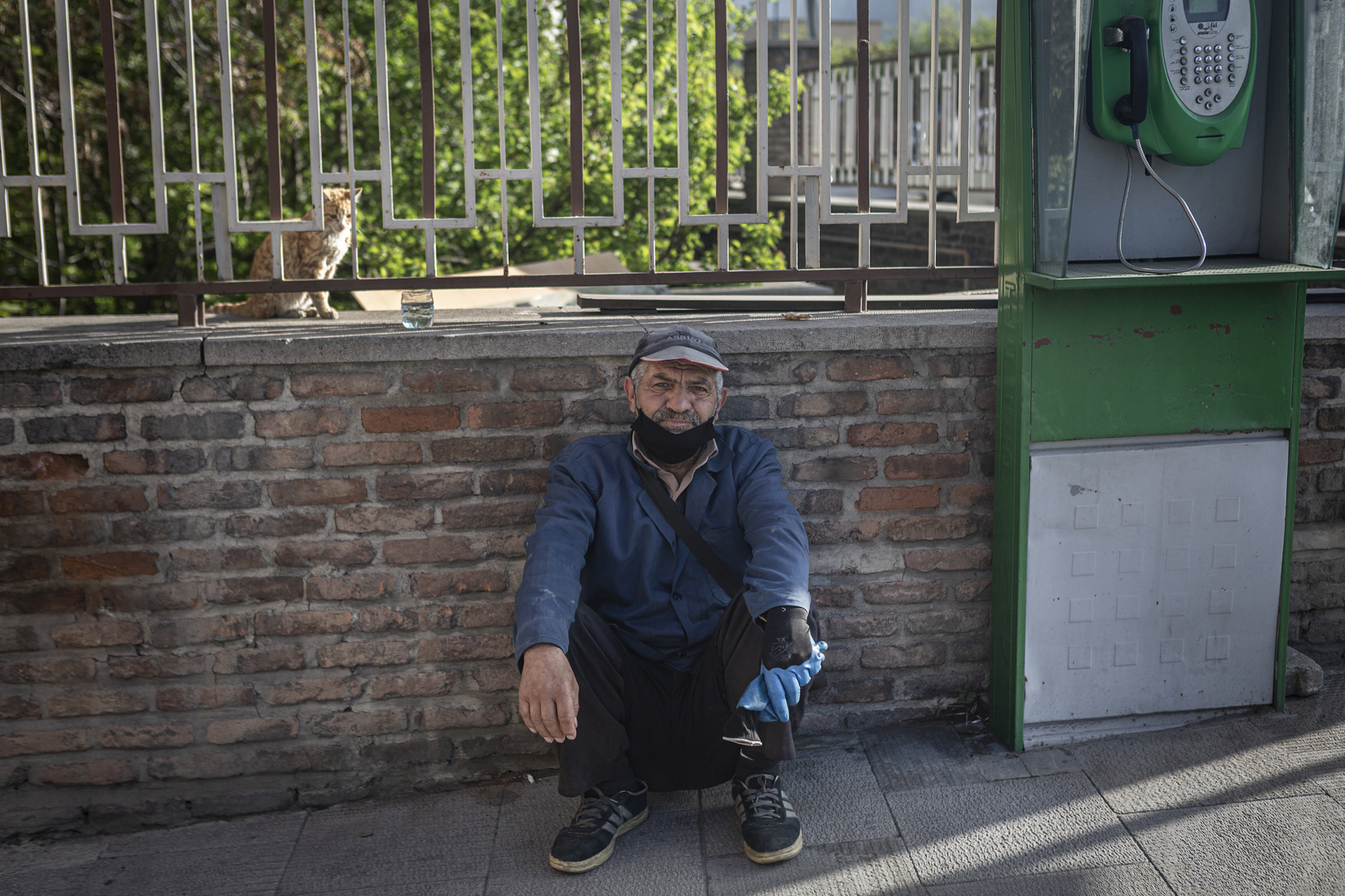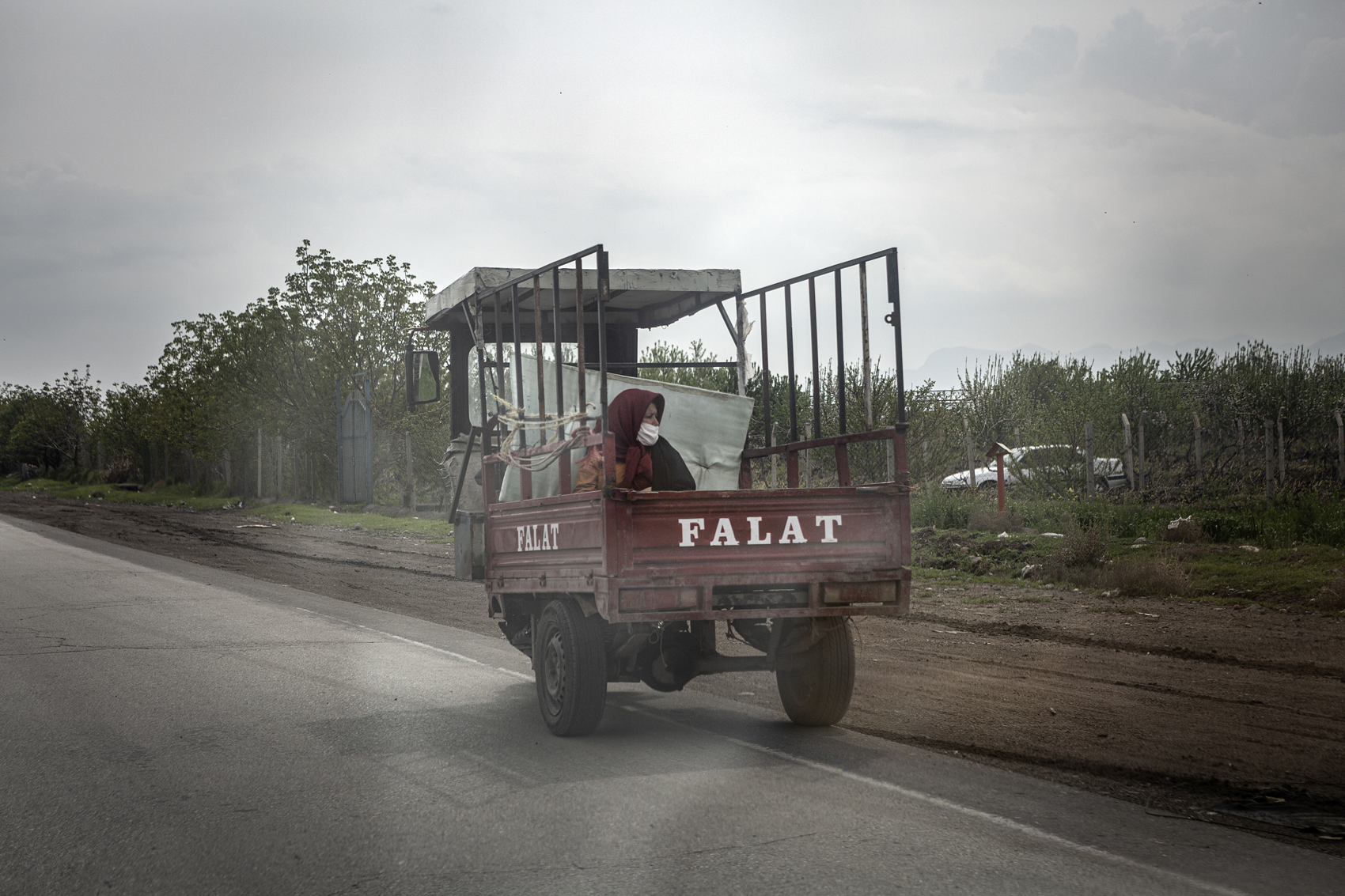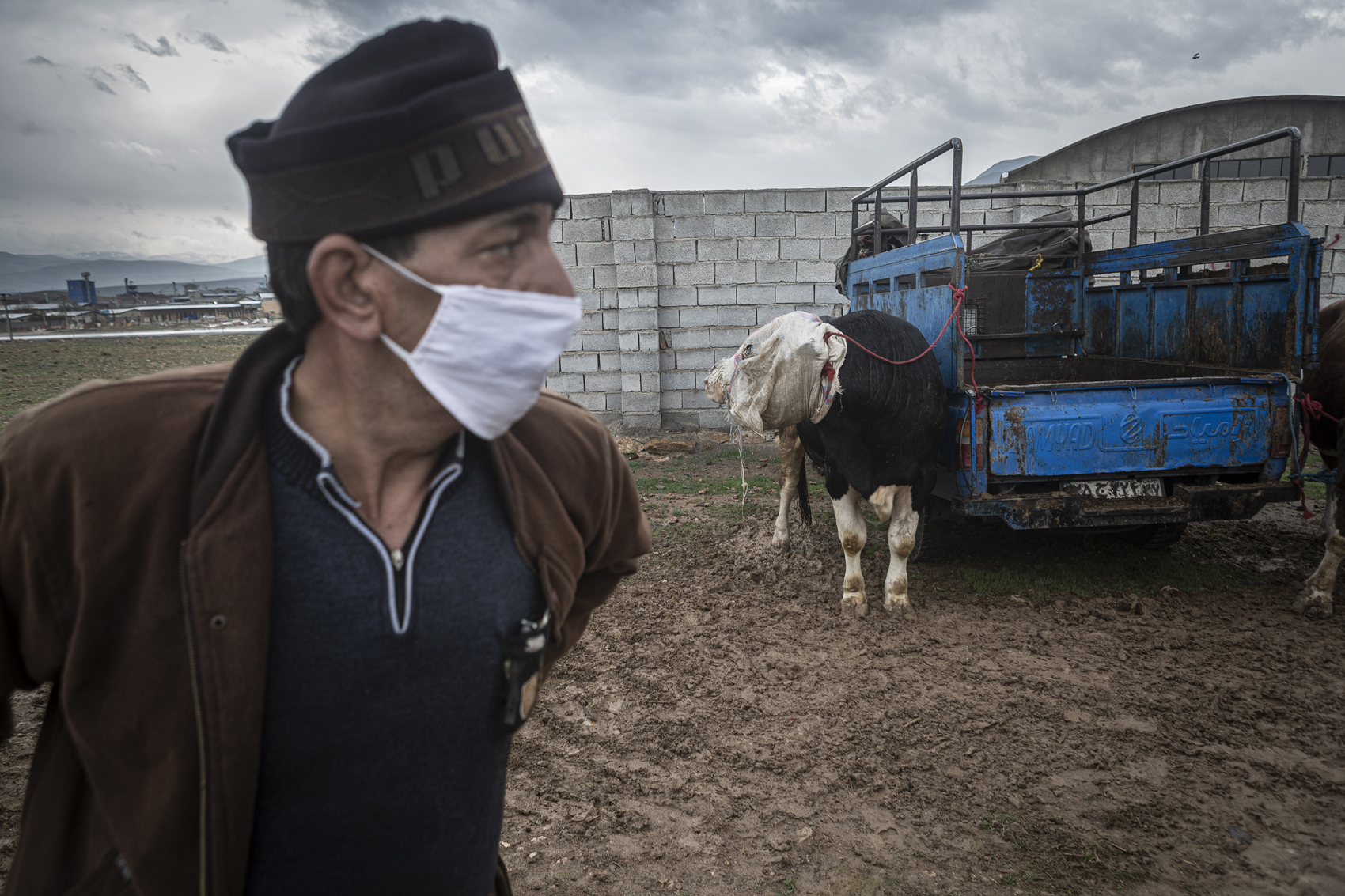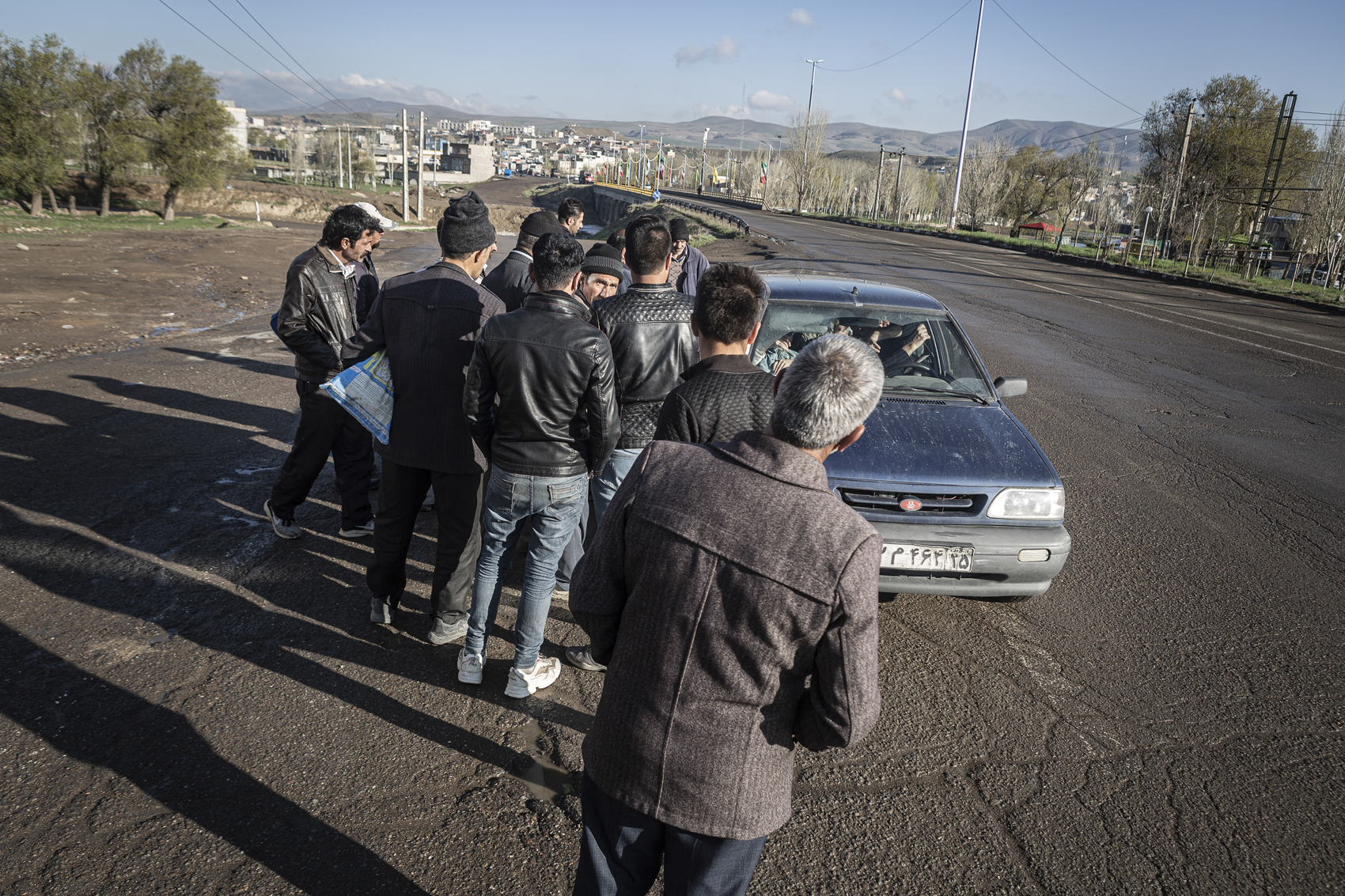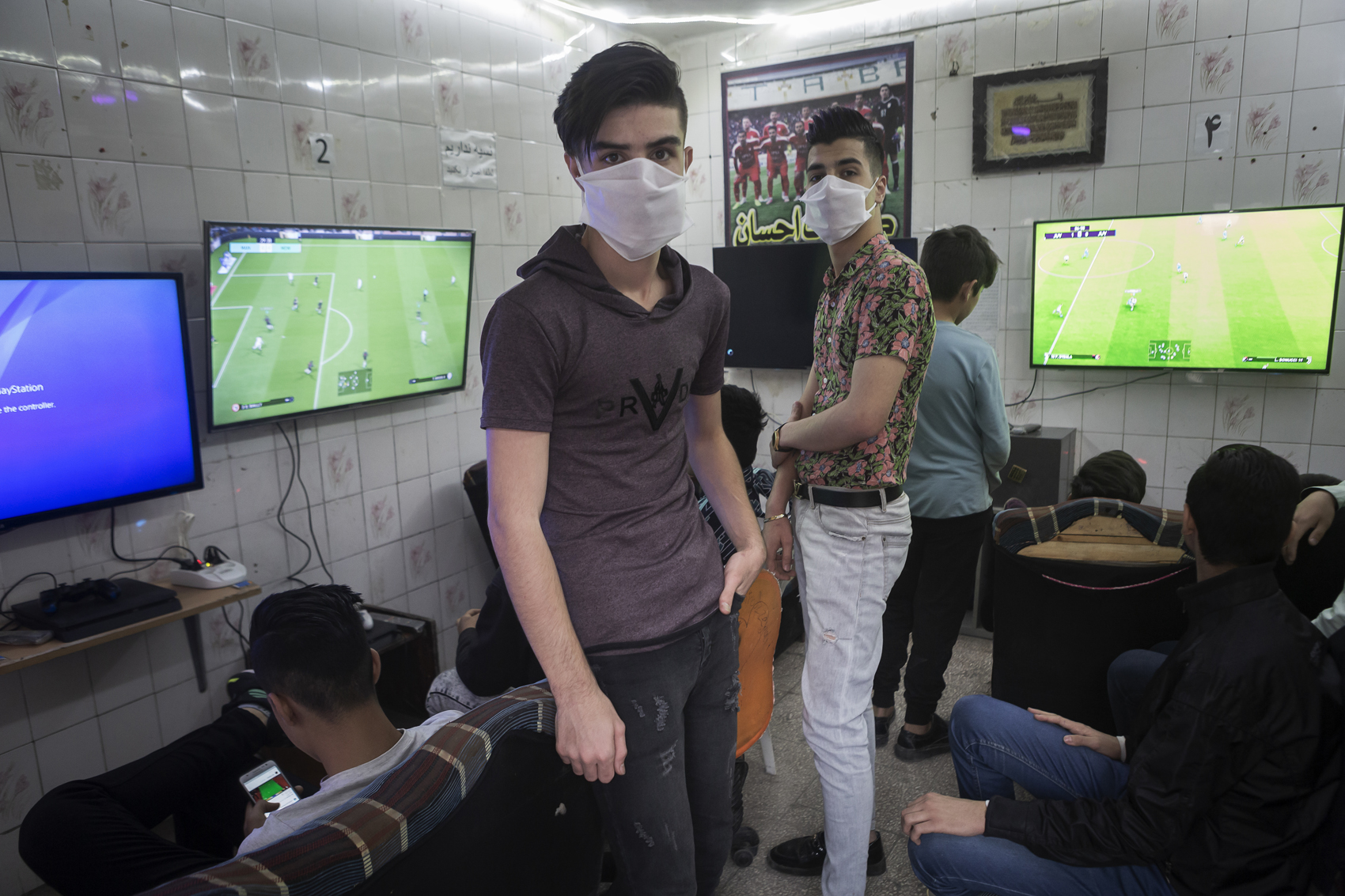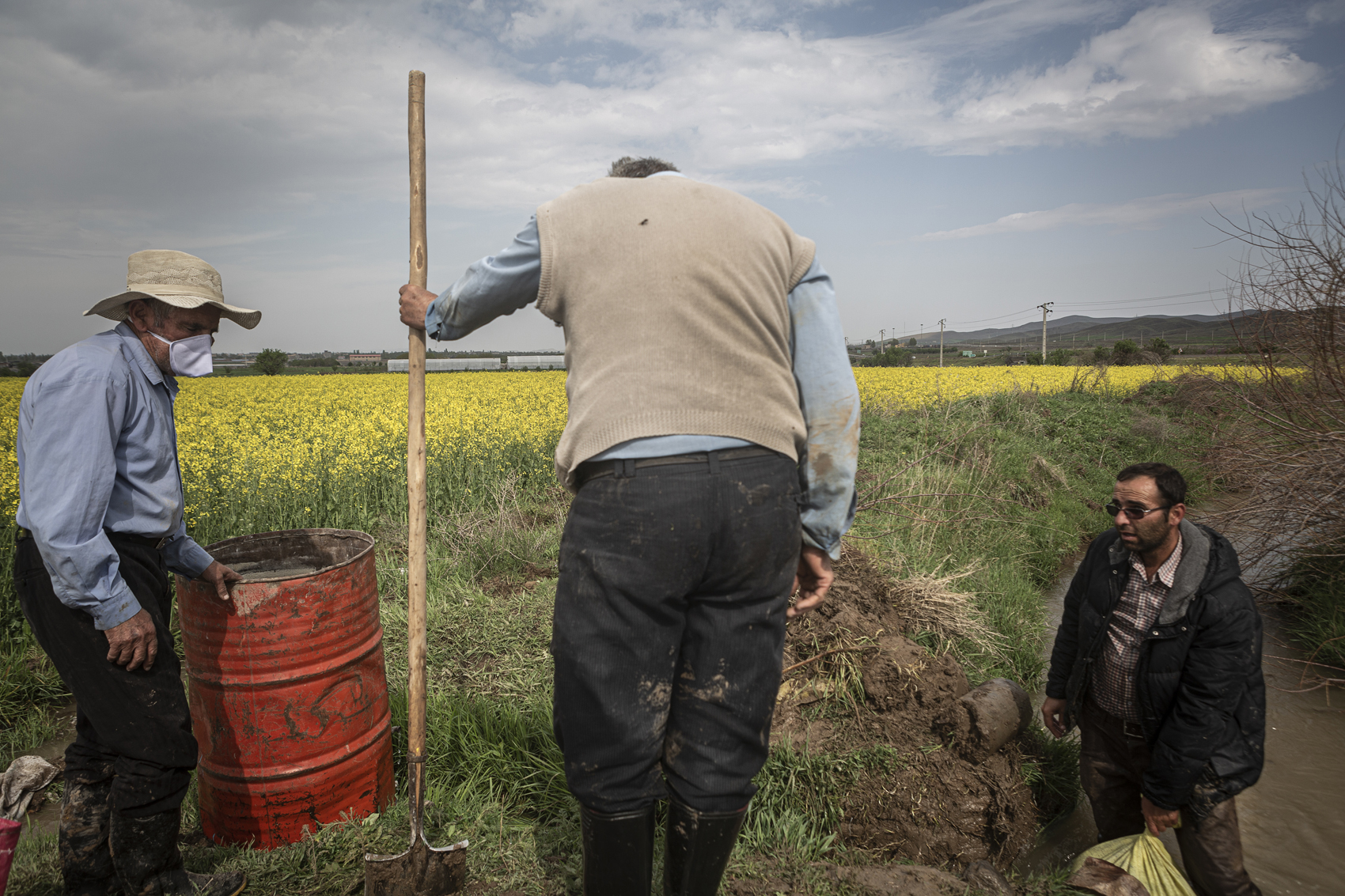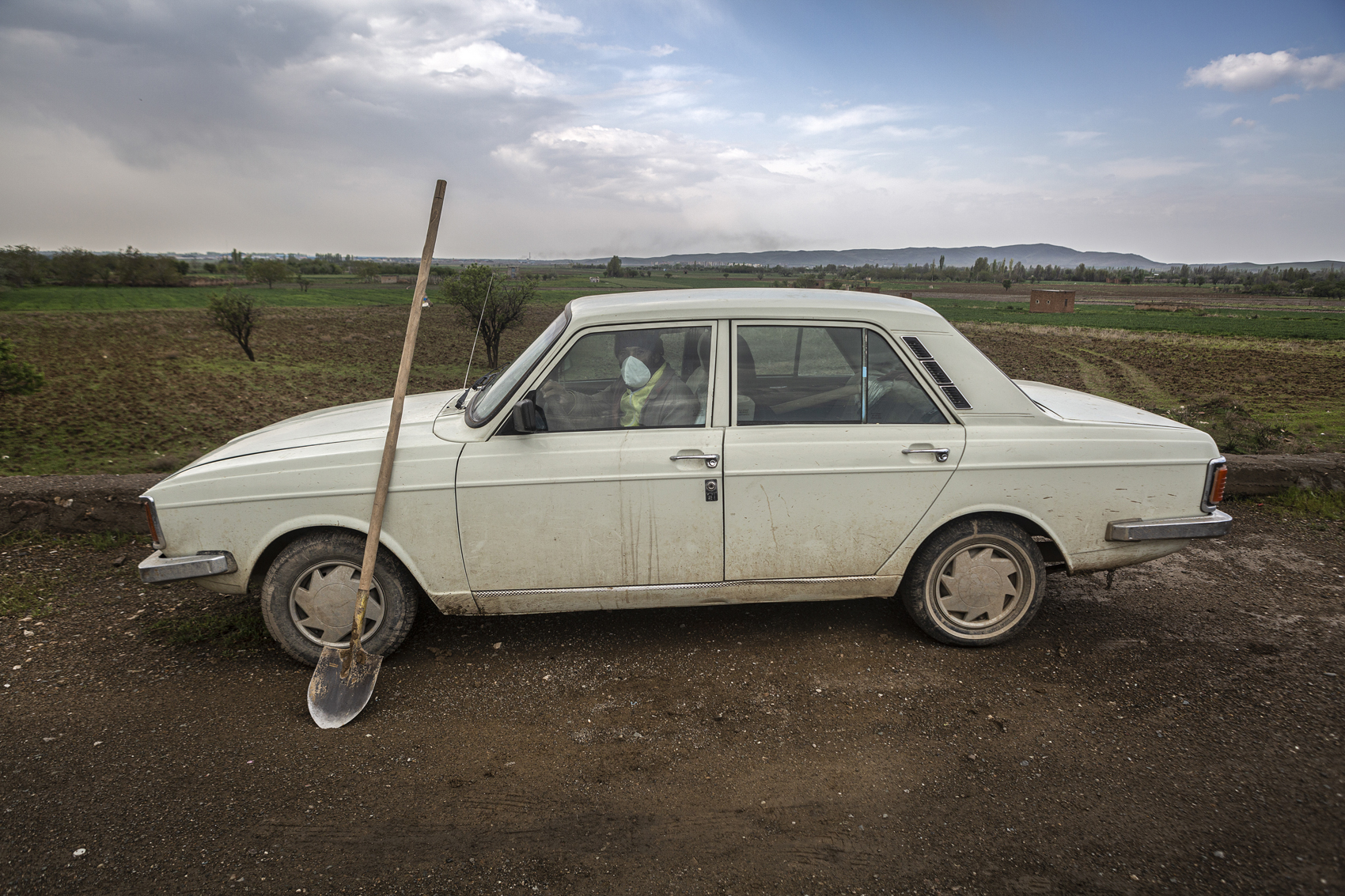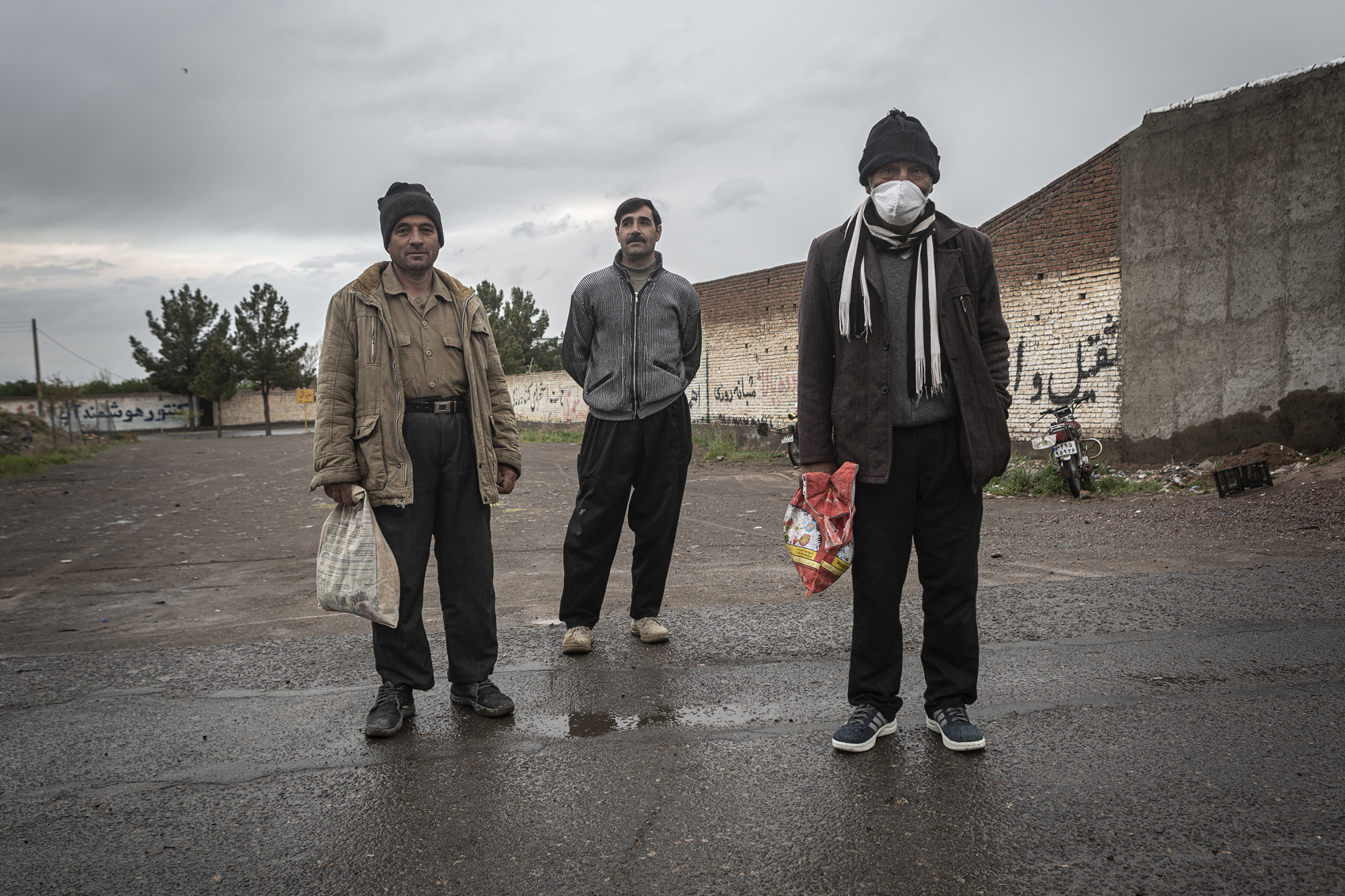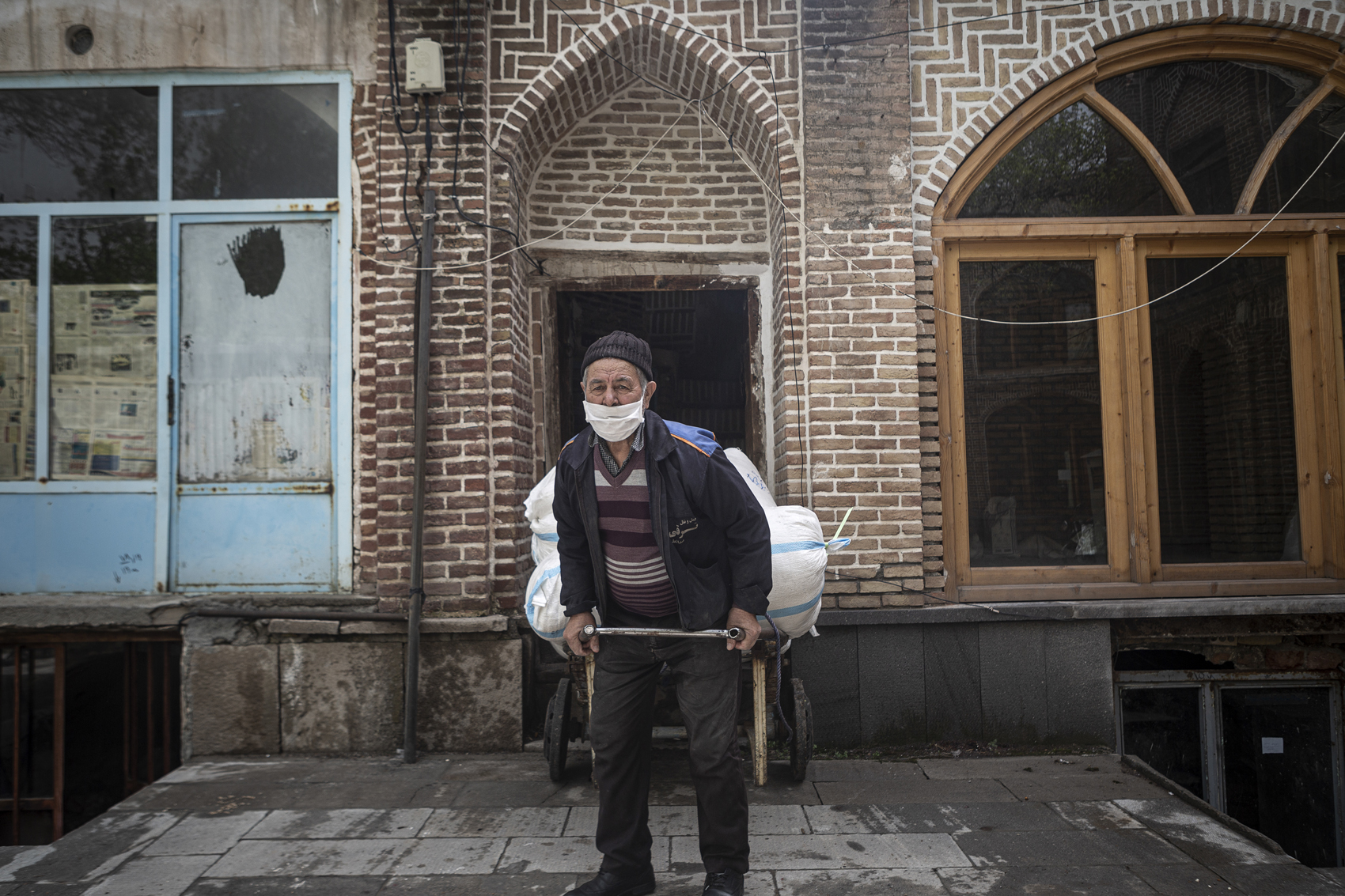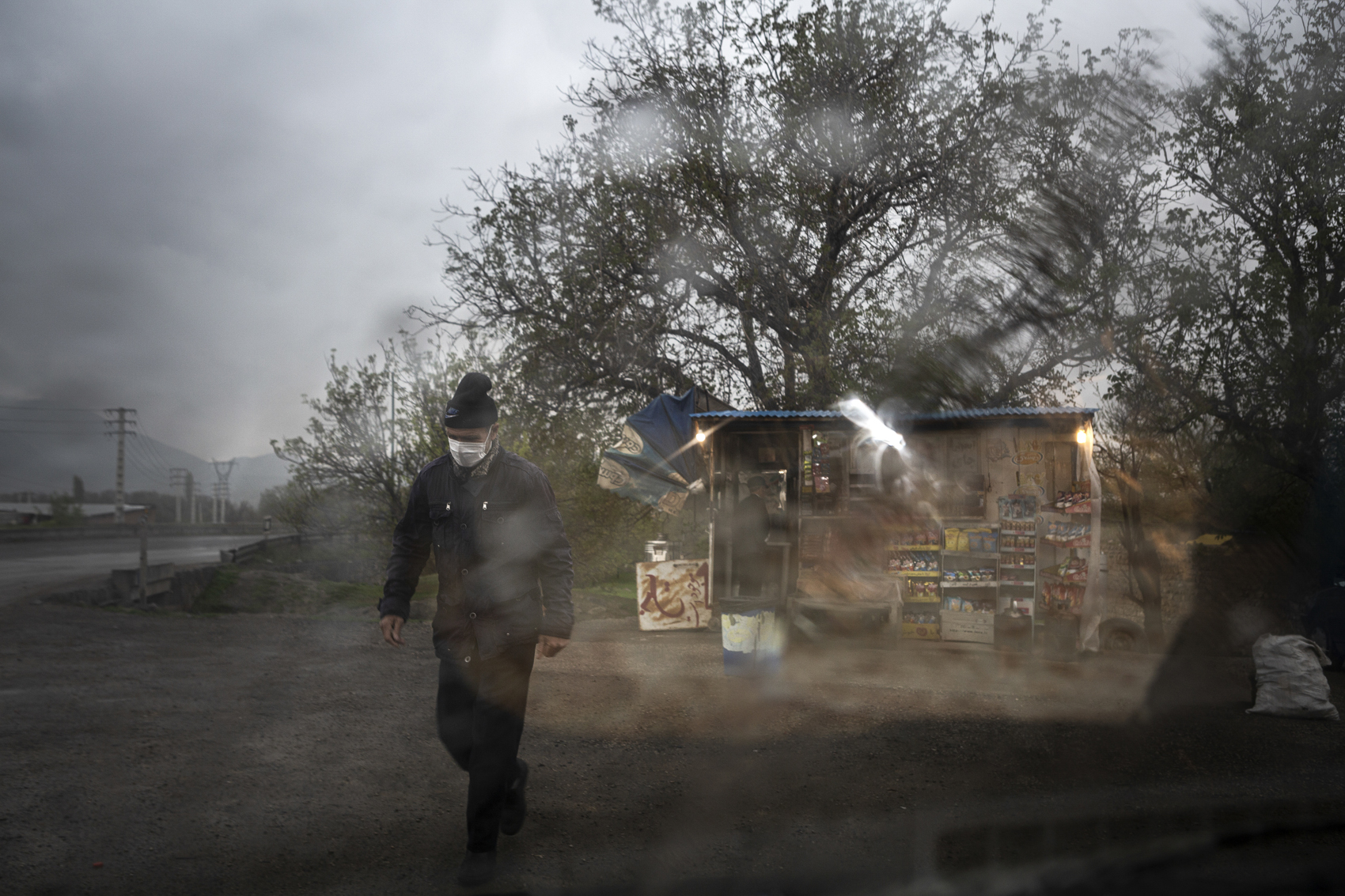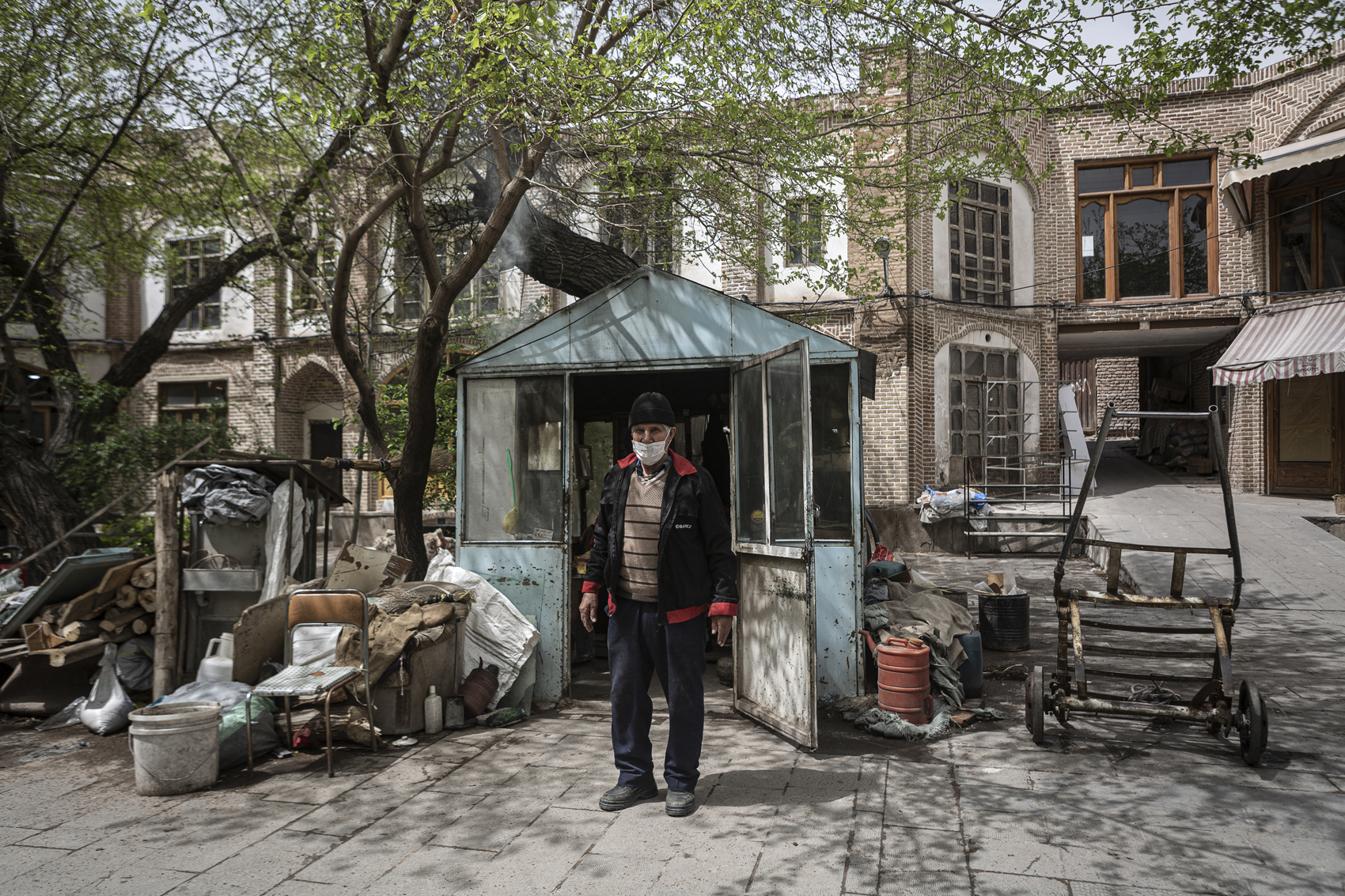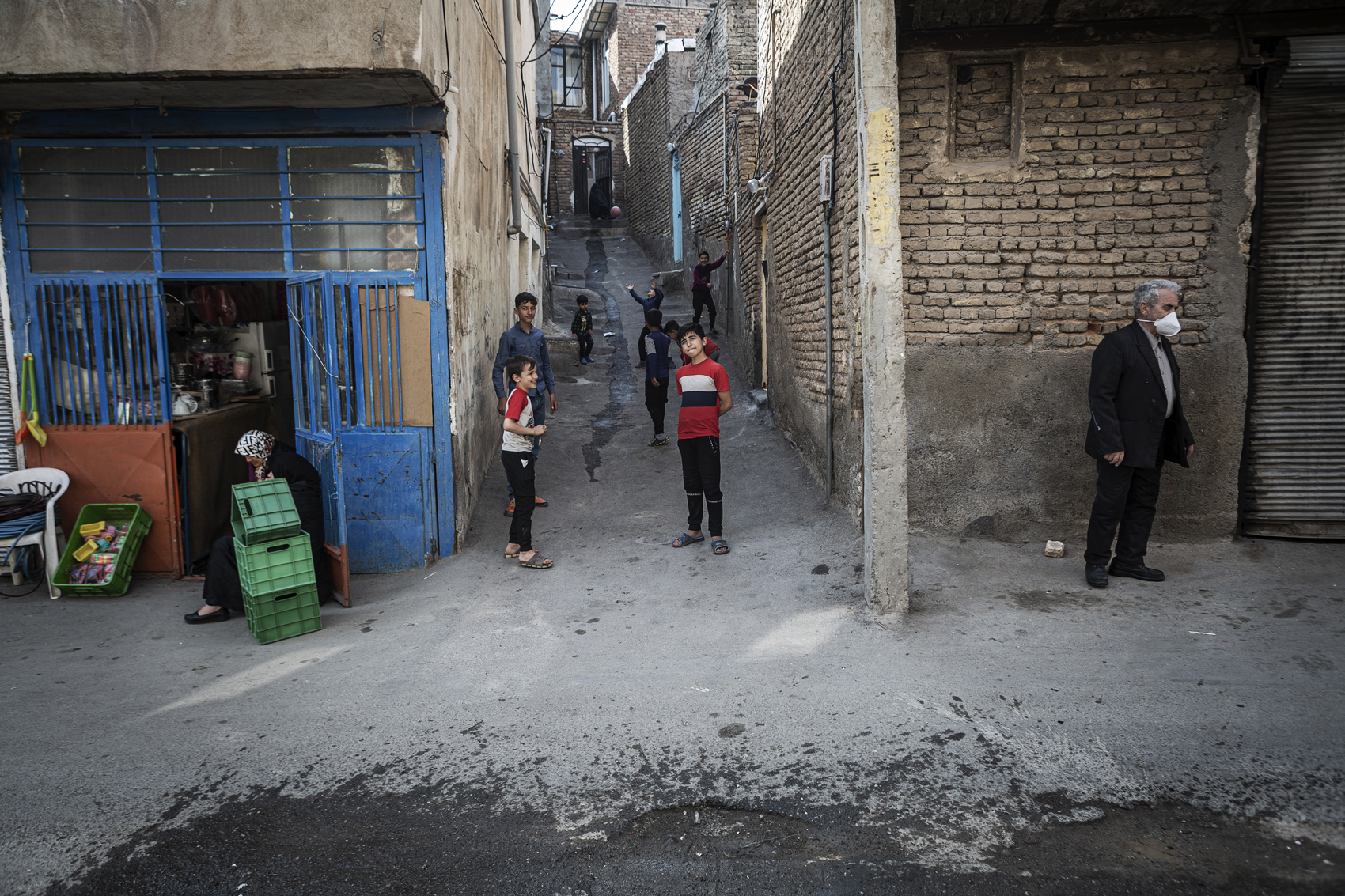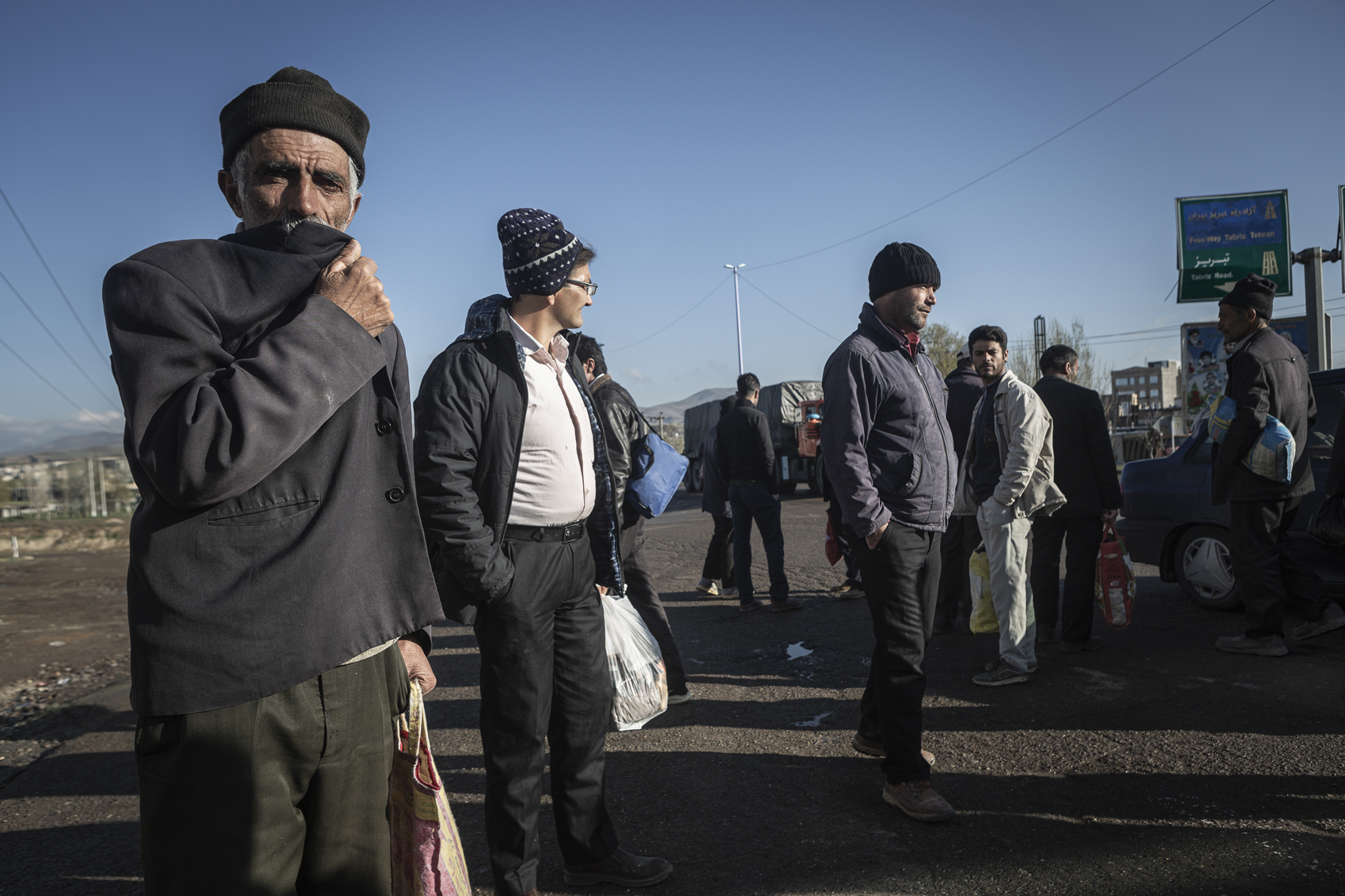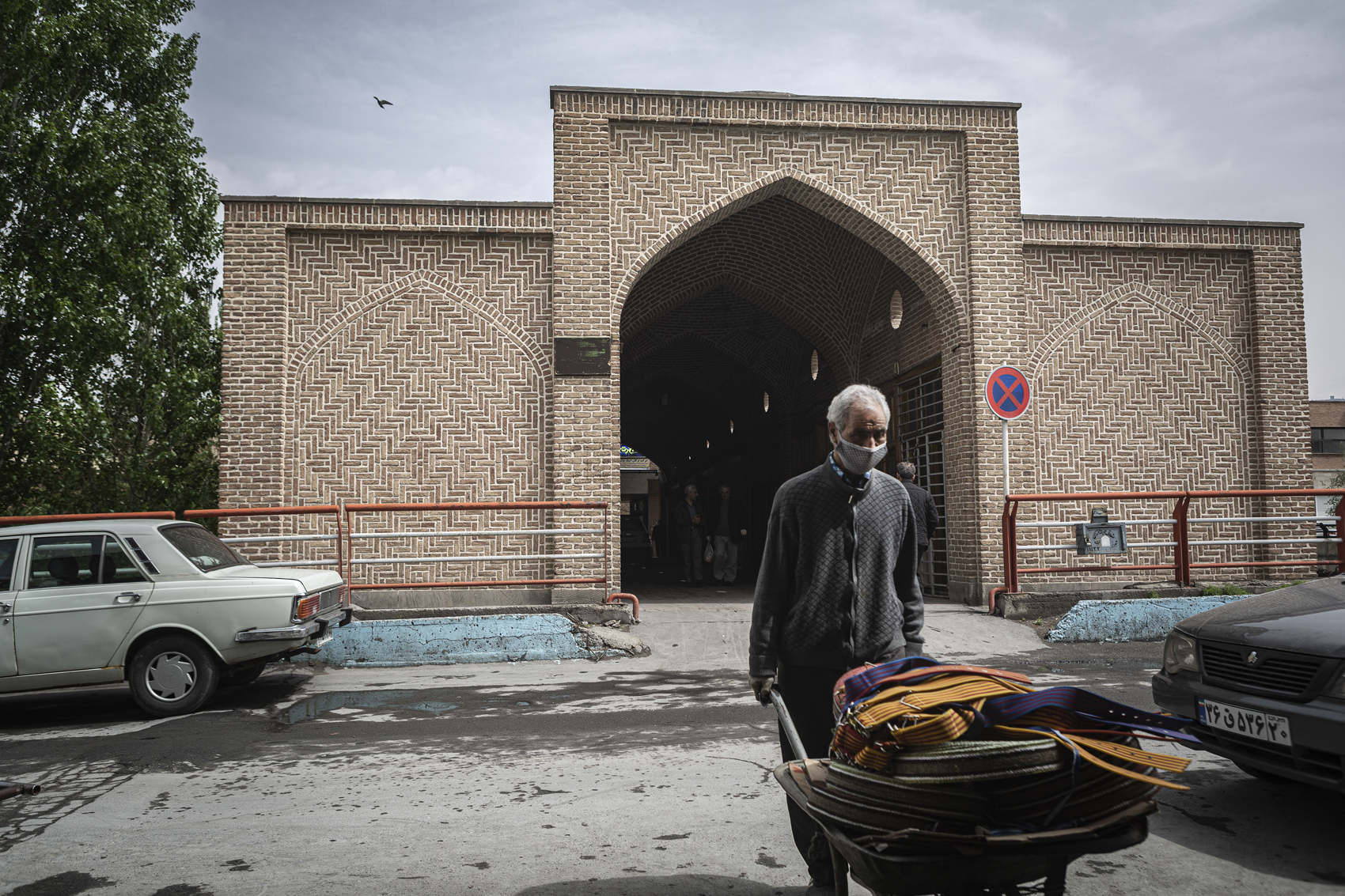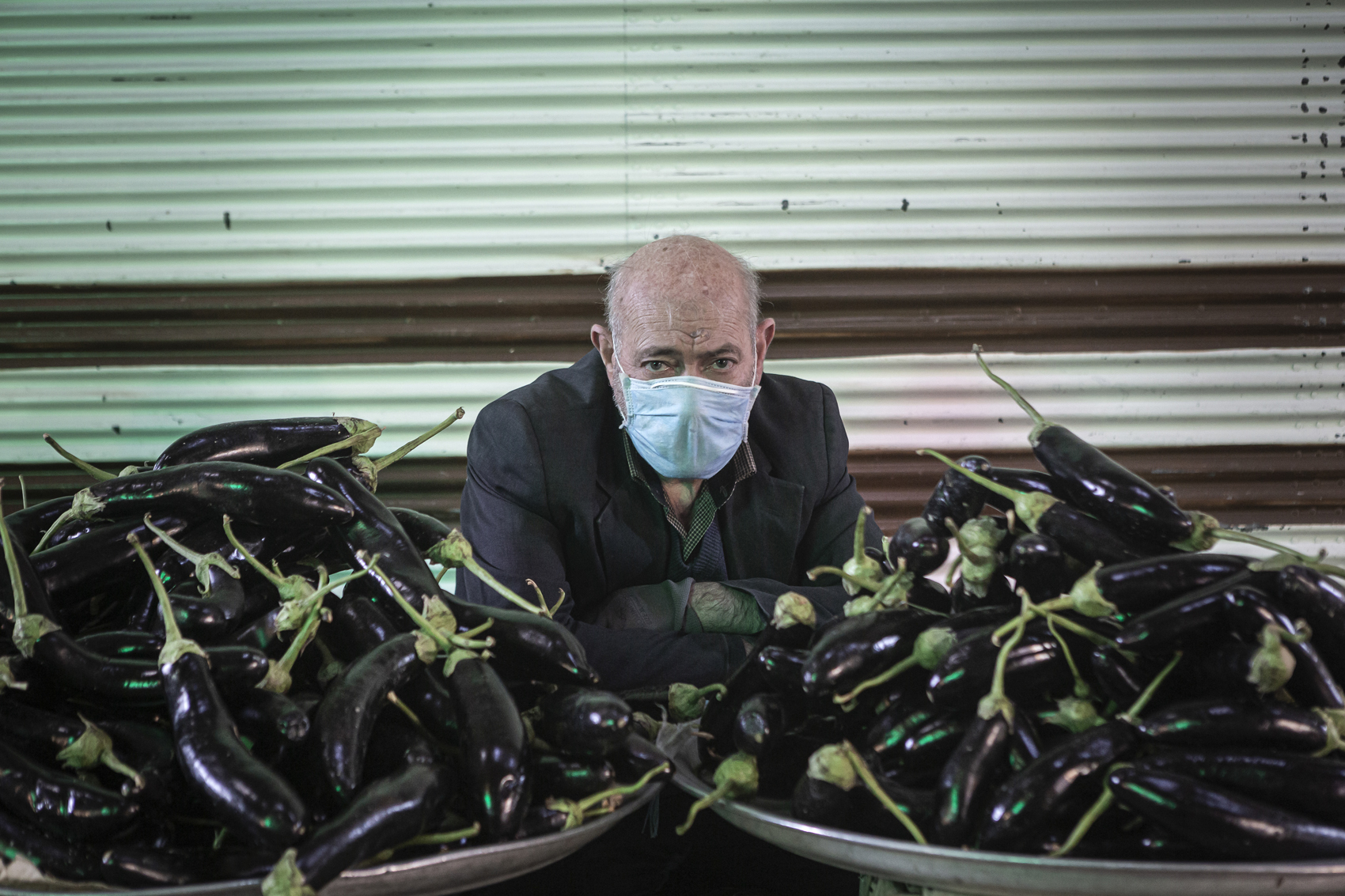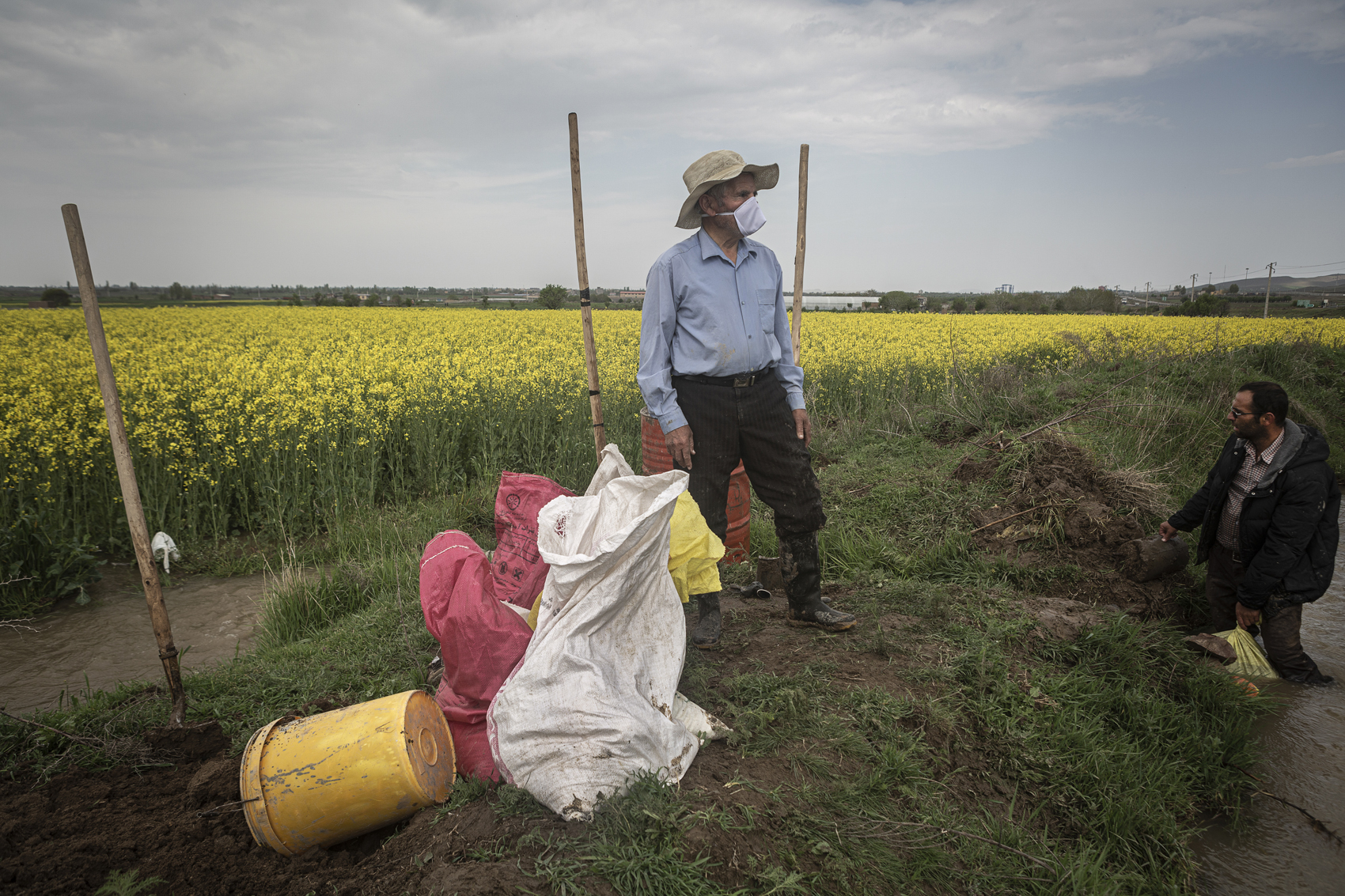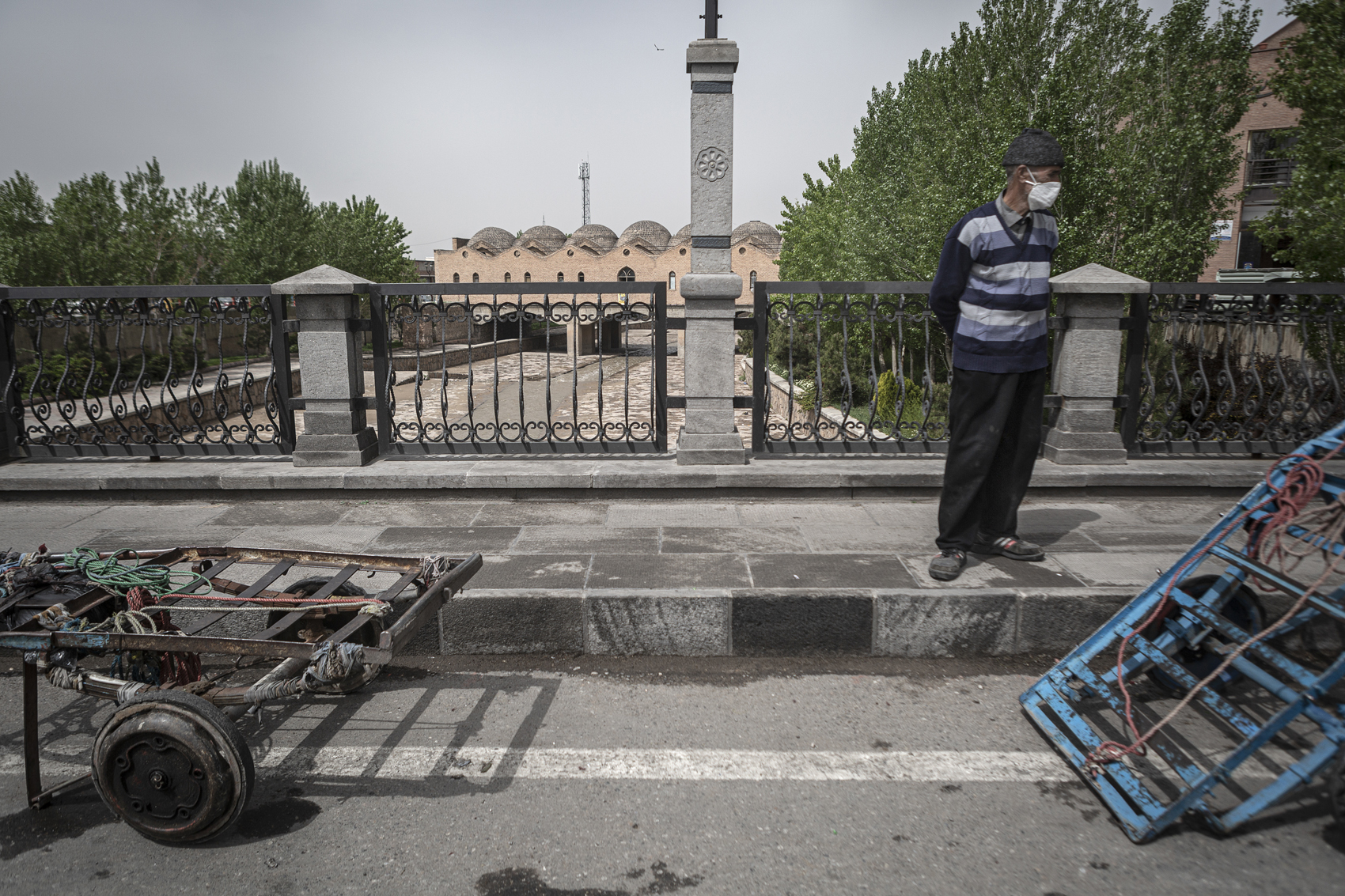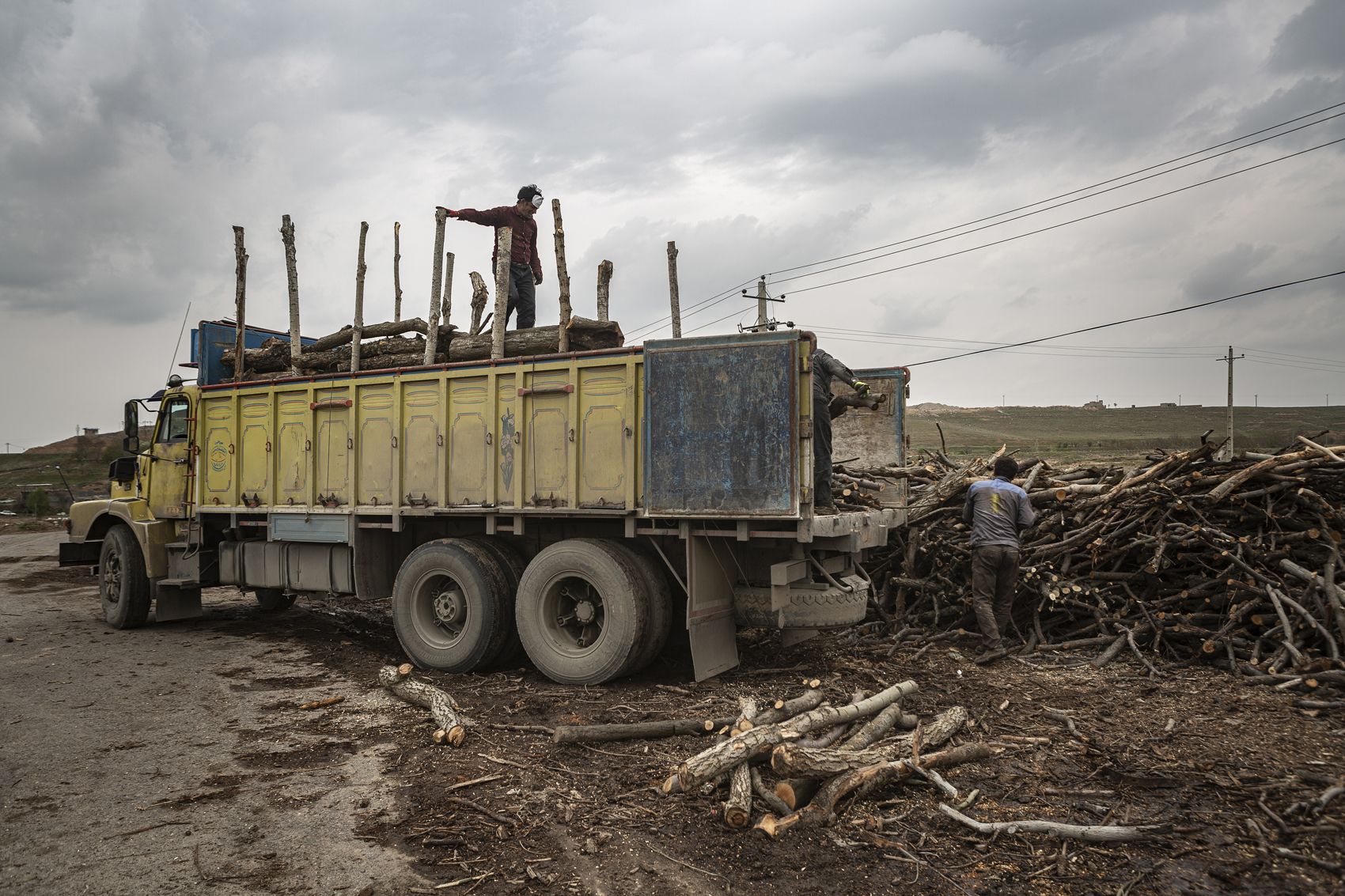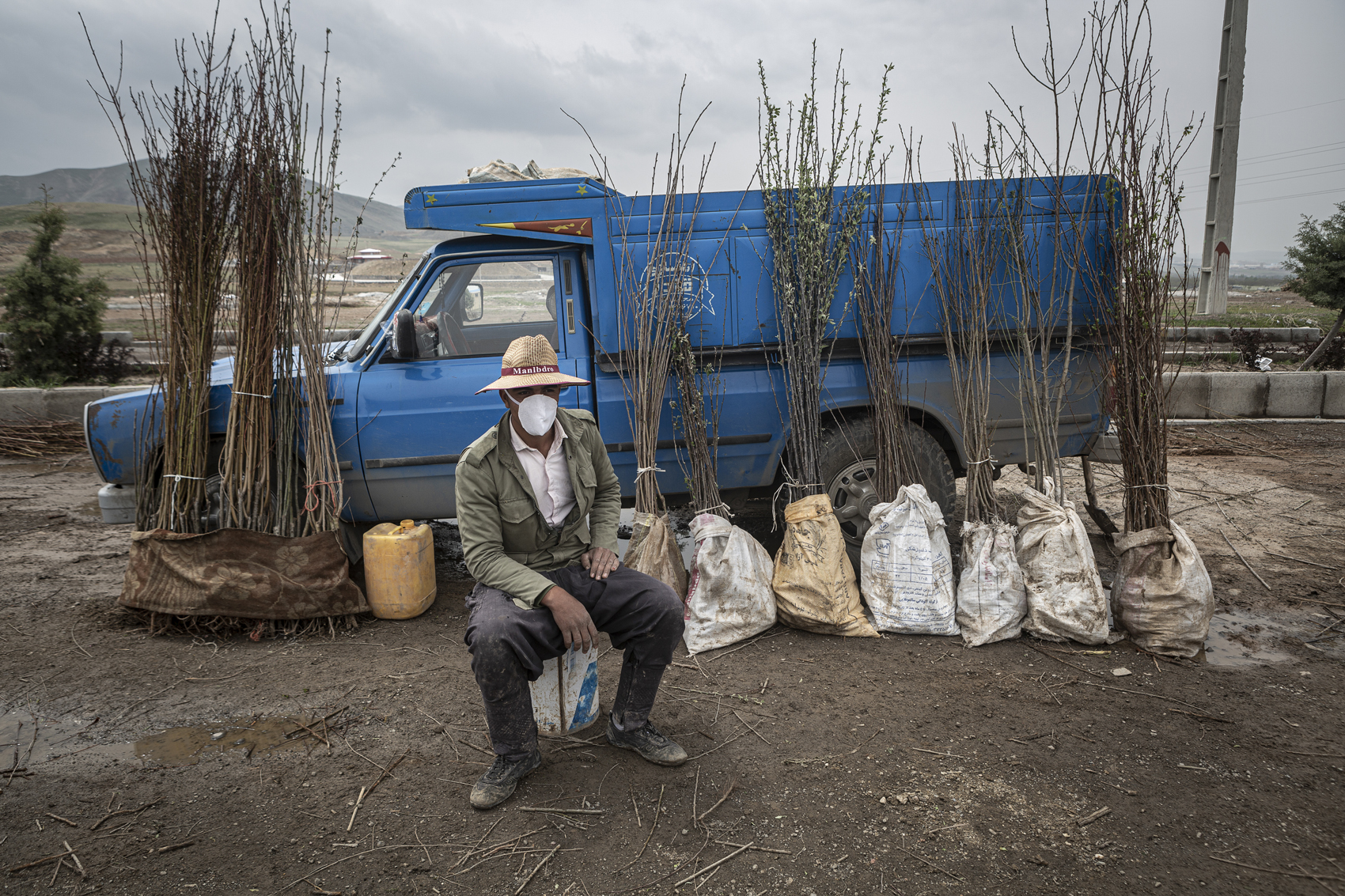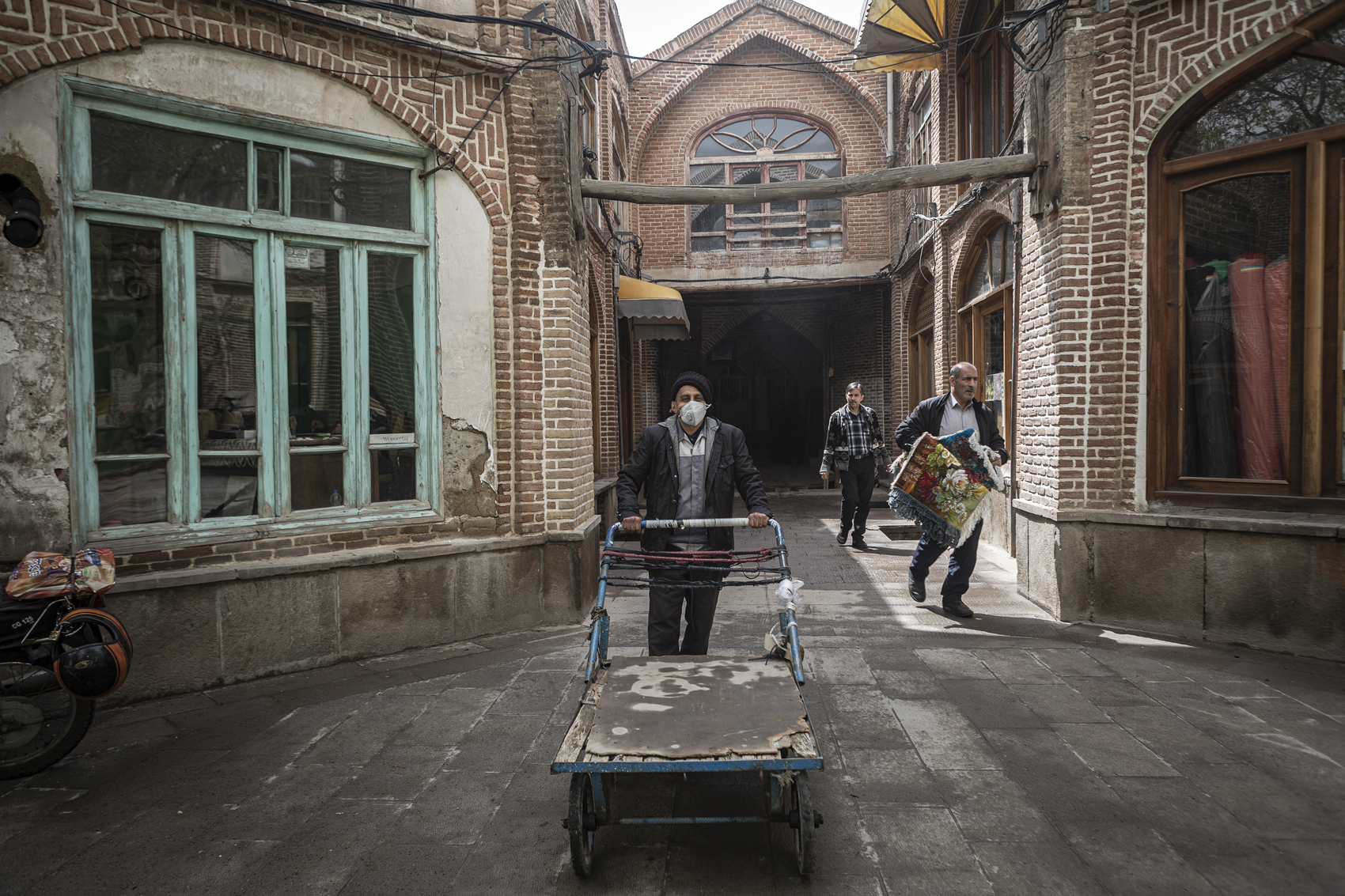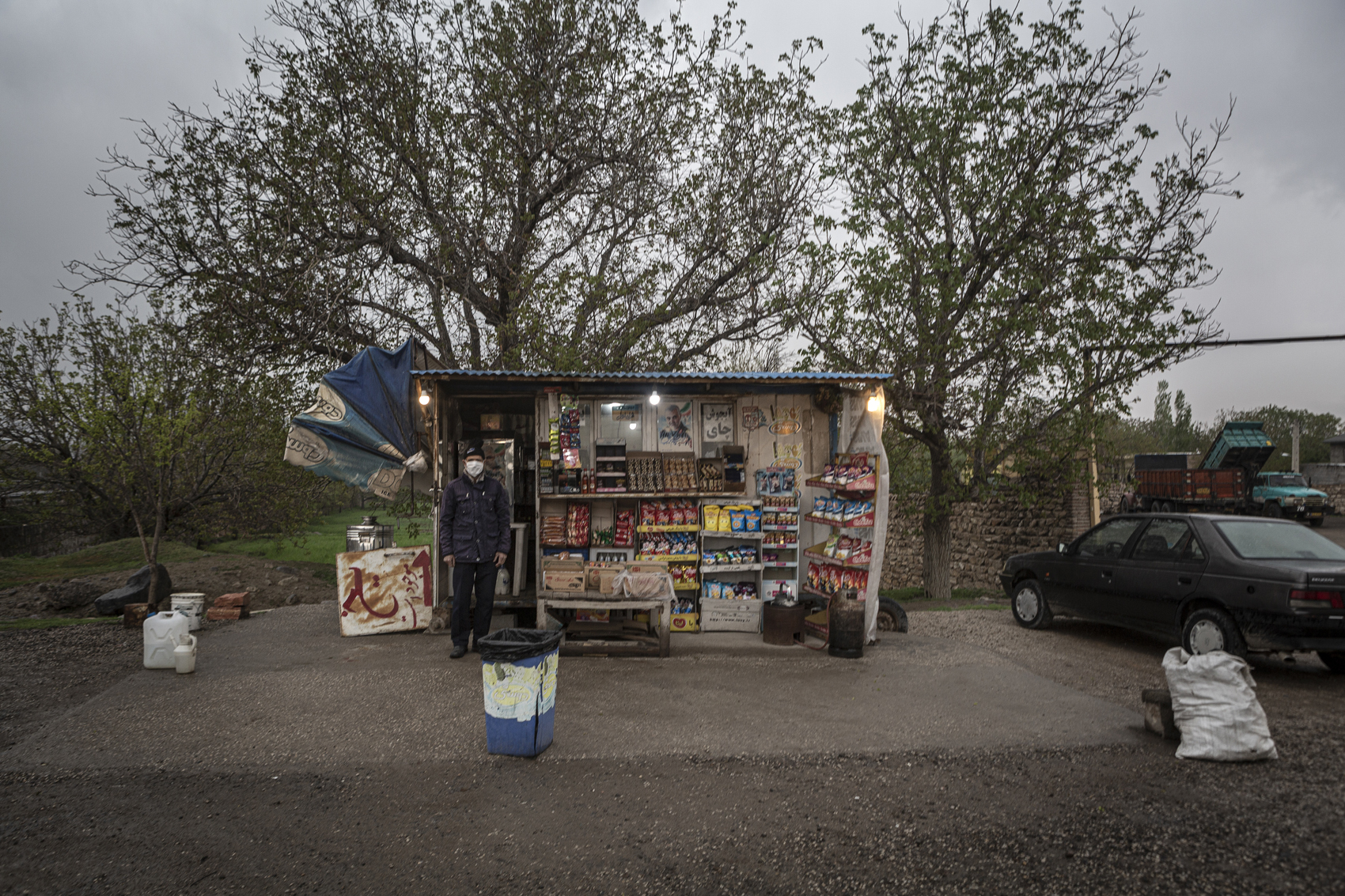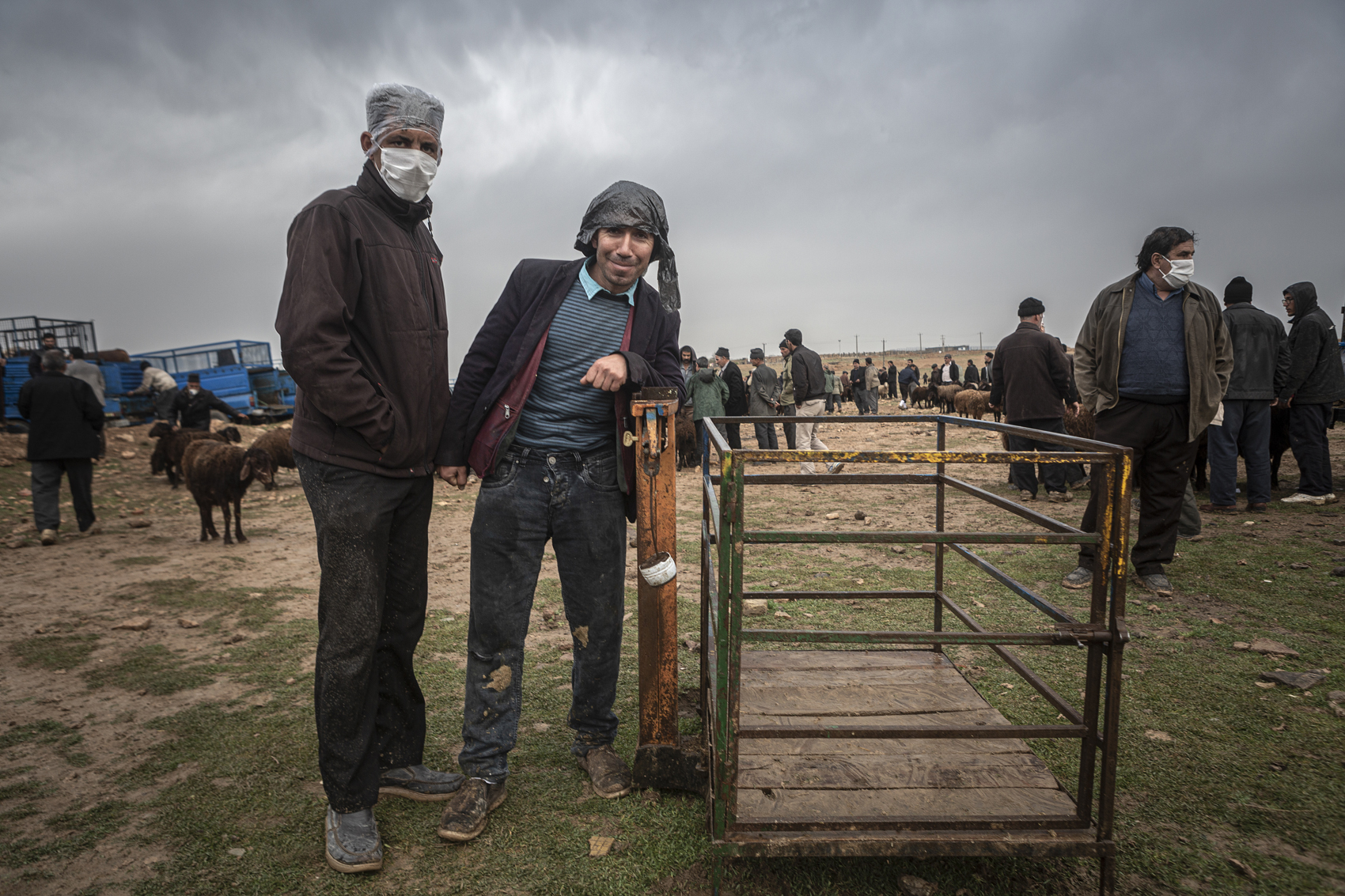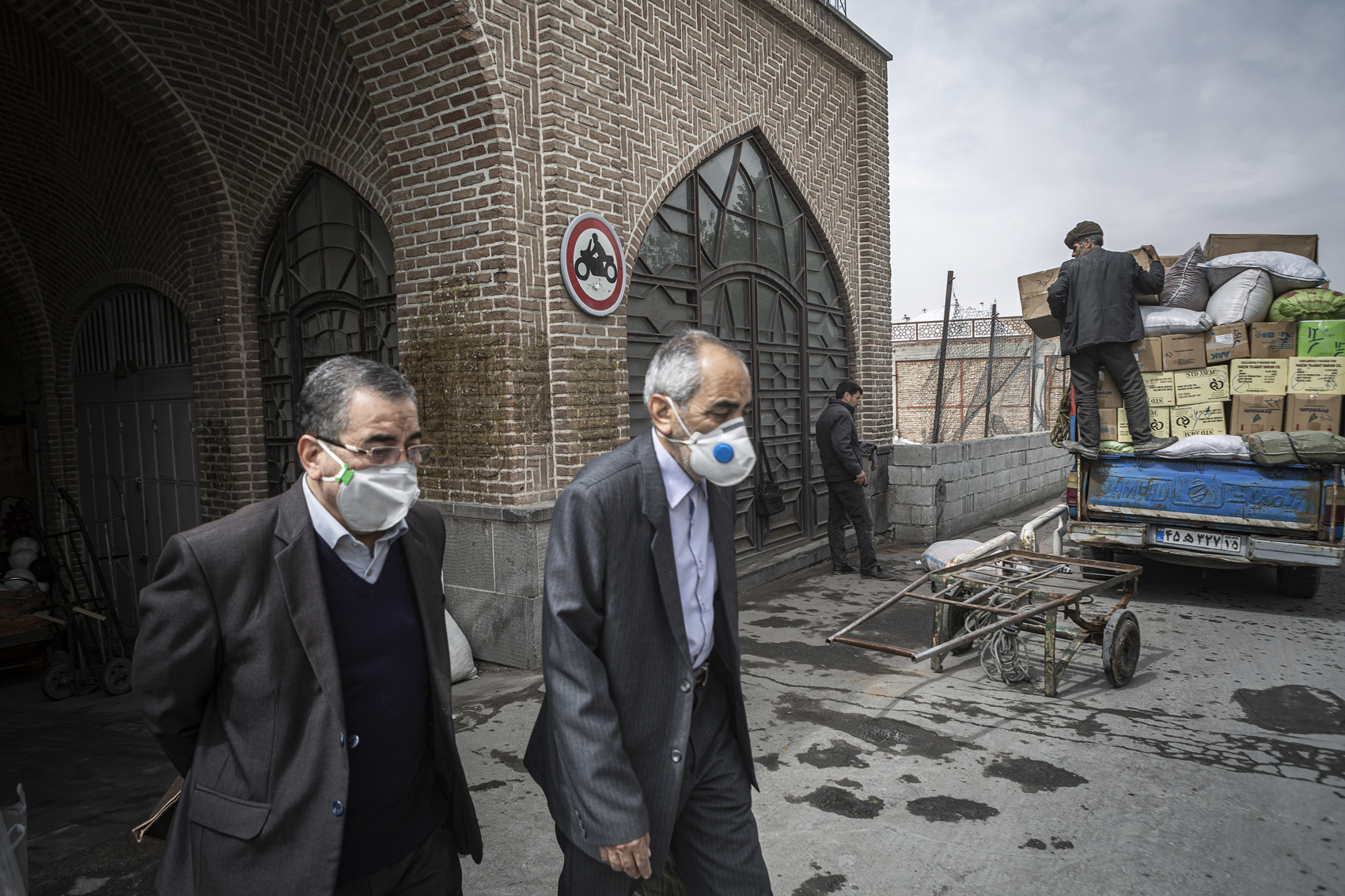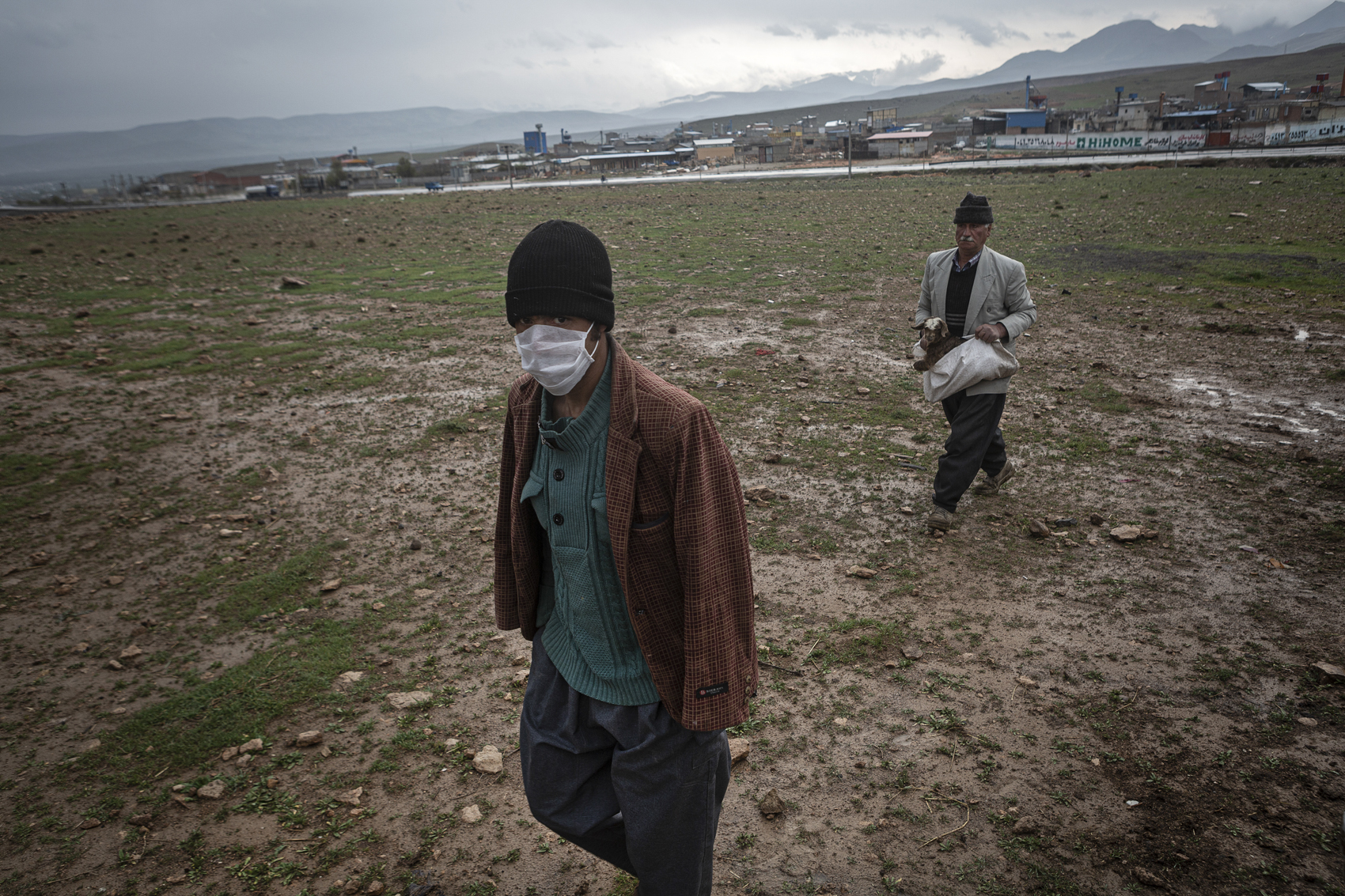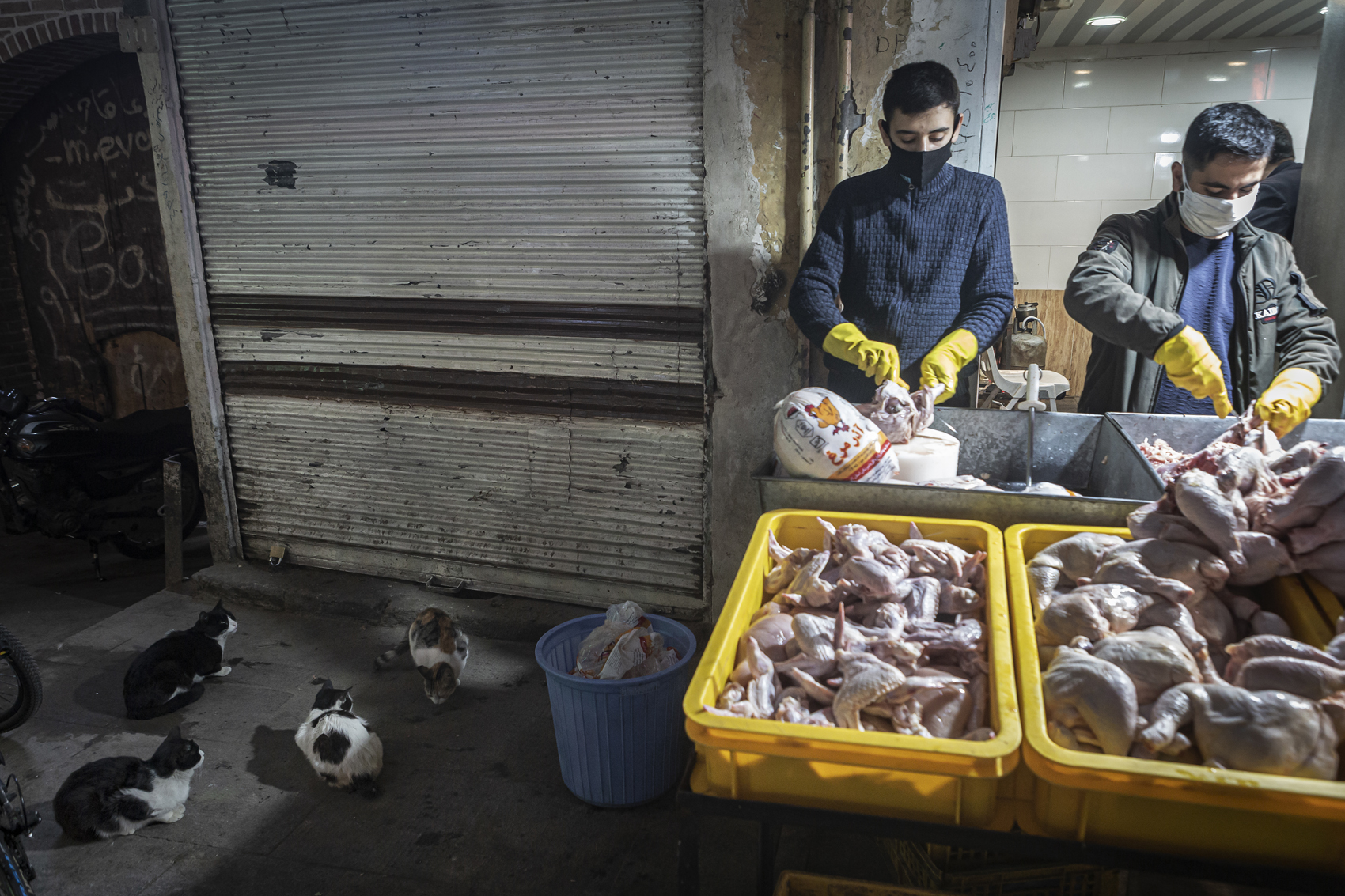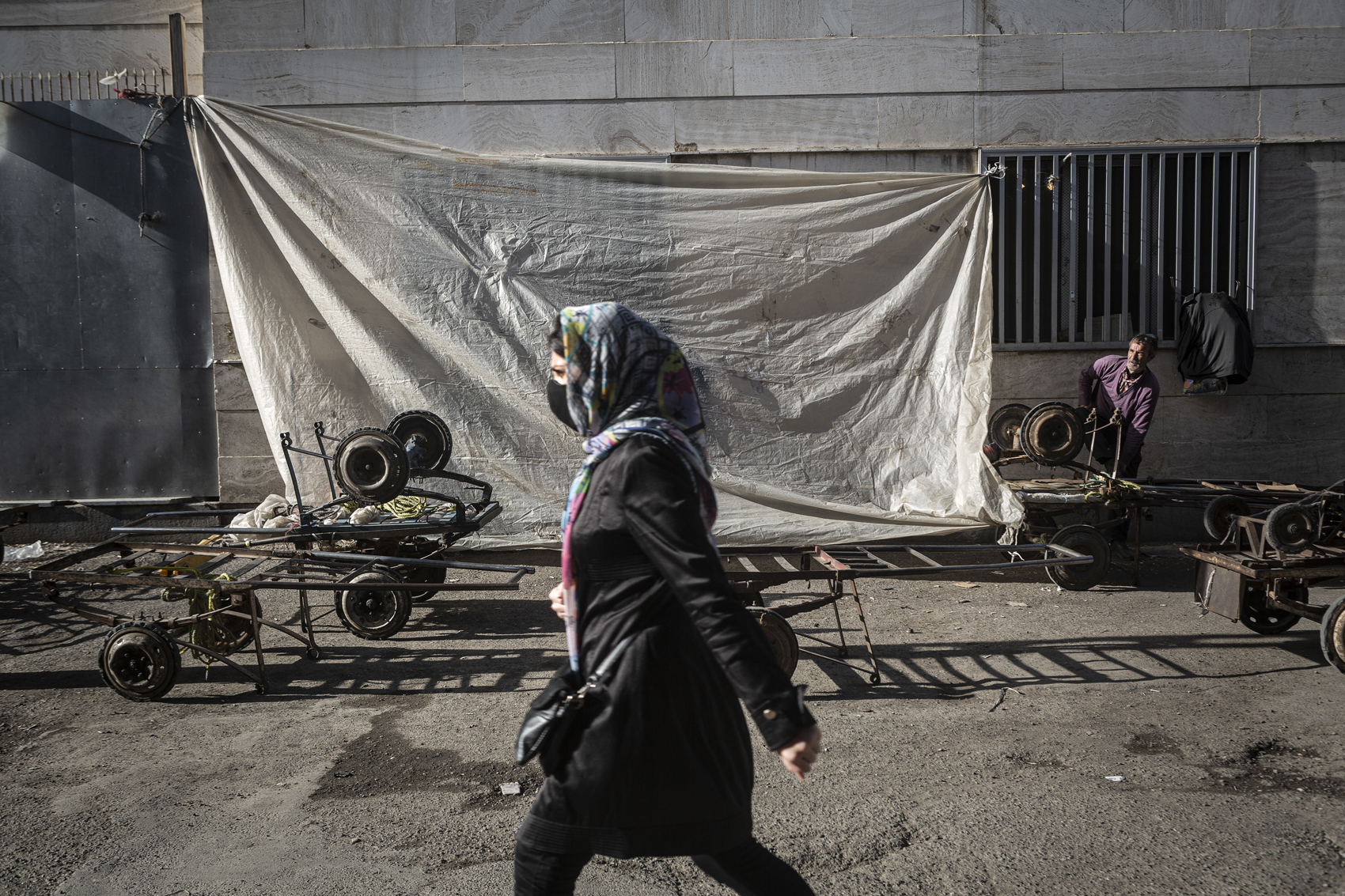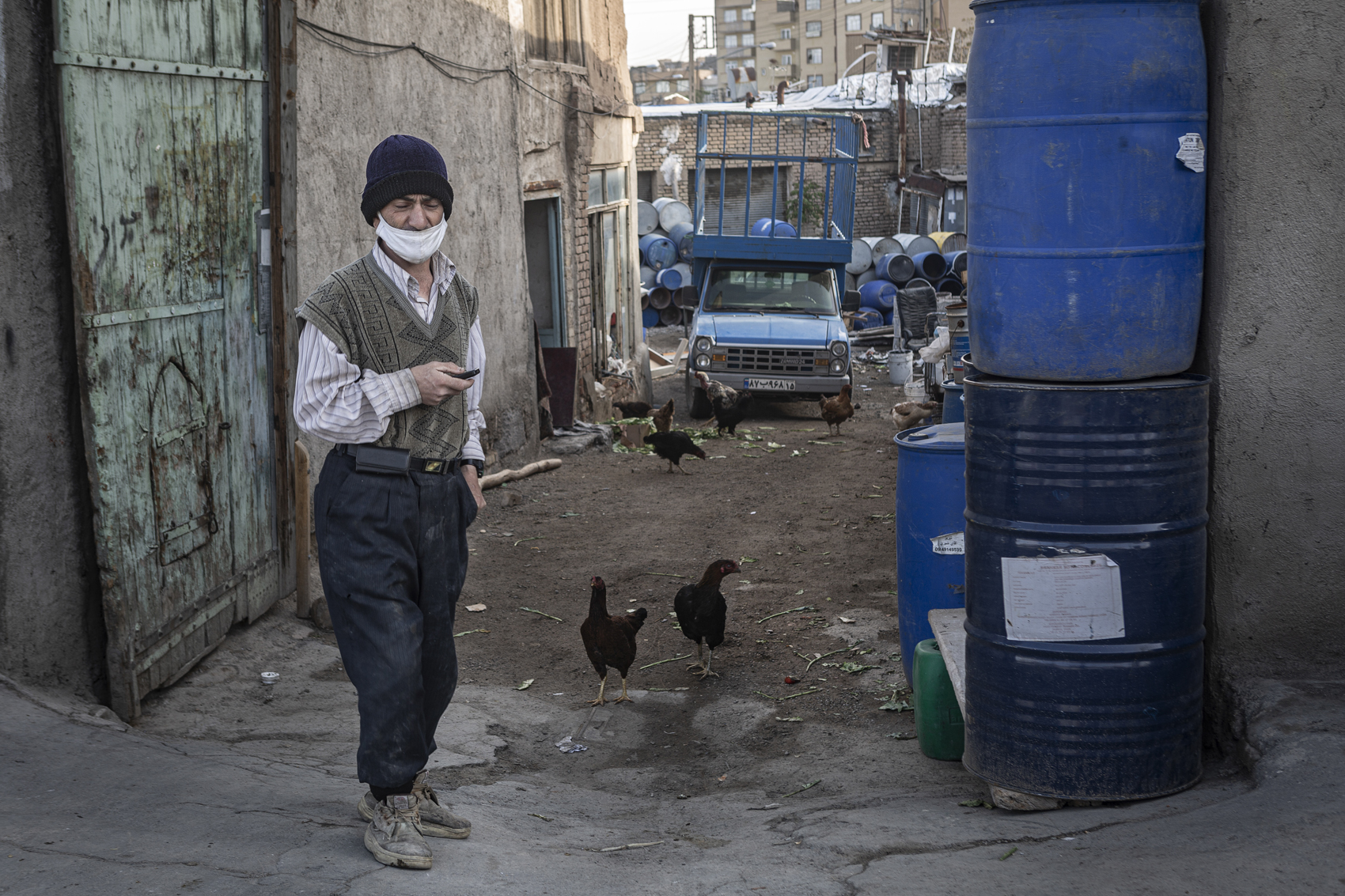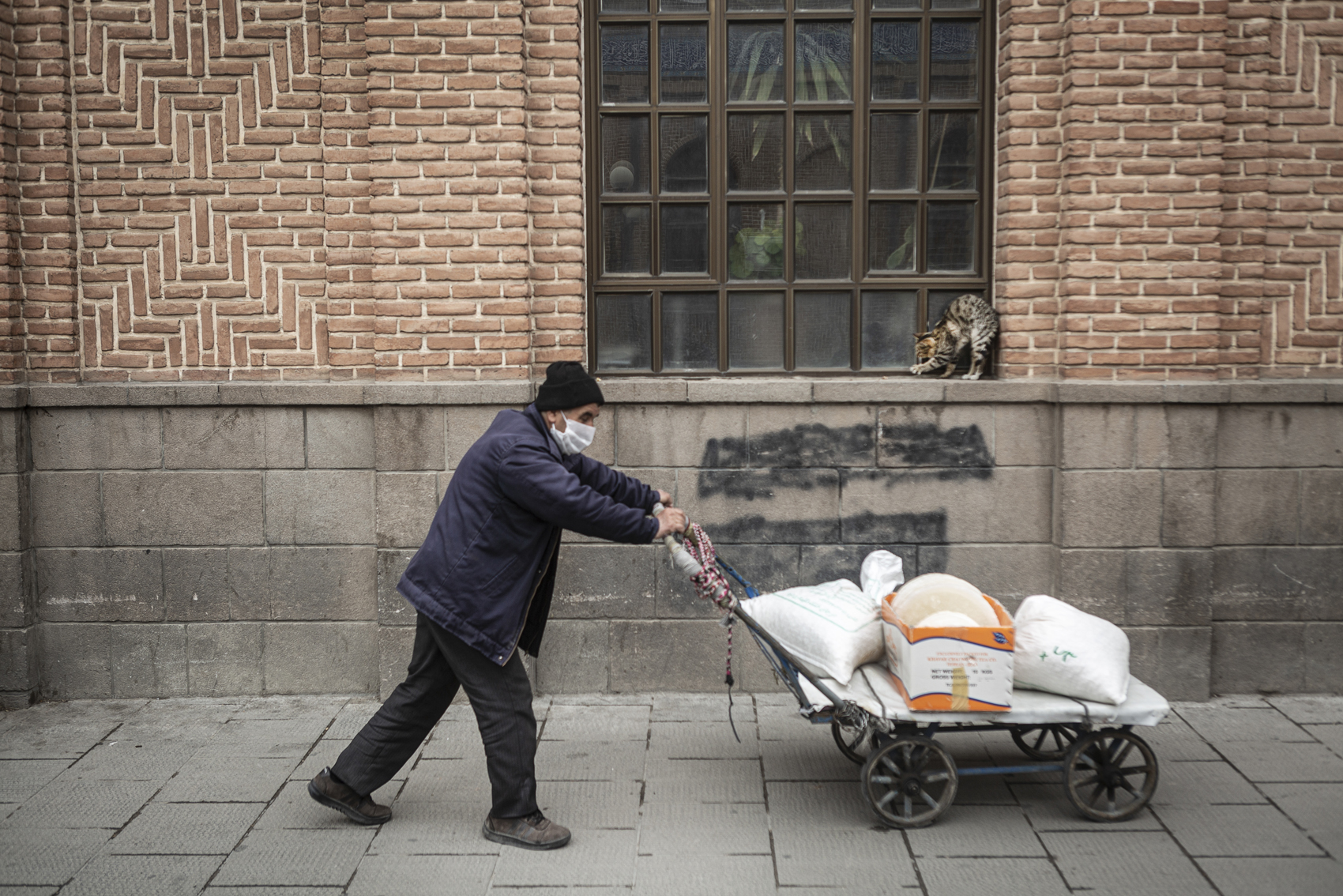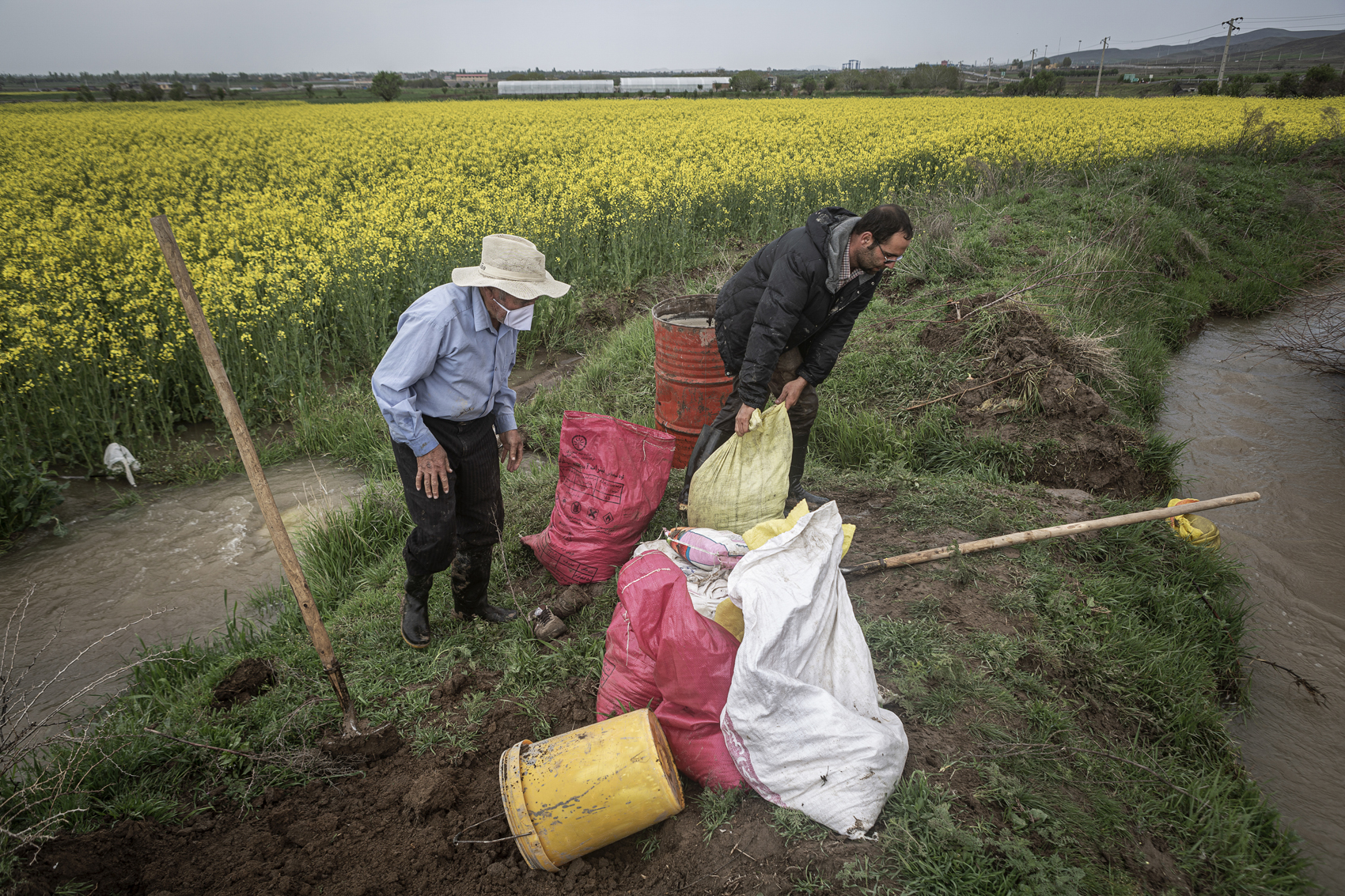The Daily Workers – (Extended)
Project Location | Middle East, Iran,Tabriz
Production Date | 2022-04-23
- (2020 Grant recipients of Pulitzer Center)
It may be a bit of an exaggeration, but those who have experienced in Iran know that for many families, the standard of life is being able to make a living for one night. The revolution, eight years of war, drought, sanctions and in general, the natural and social calamities have caused Iranian society to continually move from one crisis to another. The resulting human, economic and psychological costs have been enormous, to the point that even the middle class has now lost the power to face and overcome any new crisis.
After the incidence of COVID-19 in Iran and the announcement of quarantine by the government, the middle and poor classes have been stunned. They have had to choose between health or death. Lack of trust in government management and programs, a sense of futility, and the need to meet basic daily needs has prompted many people to ignore quarantine and social distancing guidelines. These include day laborers, peddlers, and the marginalized. The helplessness and vulnerability of female heads of households has also been felt more than ever. There are more than three million women heading households in Iran. Sewing, washing, housekeeping, nursing, and hairdressing are some of the jobs they usually do, even though most of them are have no insurance or organizational support.
The absence of a father doubles the responsibilities of a mother, and it is exhausting and difficult. Families of prisoners, individuals with disabilities, families with a spouse who has died, and divorced and unemployed individuals, are all exposed to these kinds of threats and social anomalies. At this time, neither quarantine, nor social distancing, nor threats of humiliation in the masculine eyes of the culture are important to these vulnerable members of society. When they leave the house, they merely hope they will not return home empty-handed every night.


